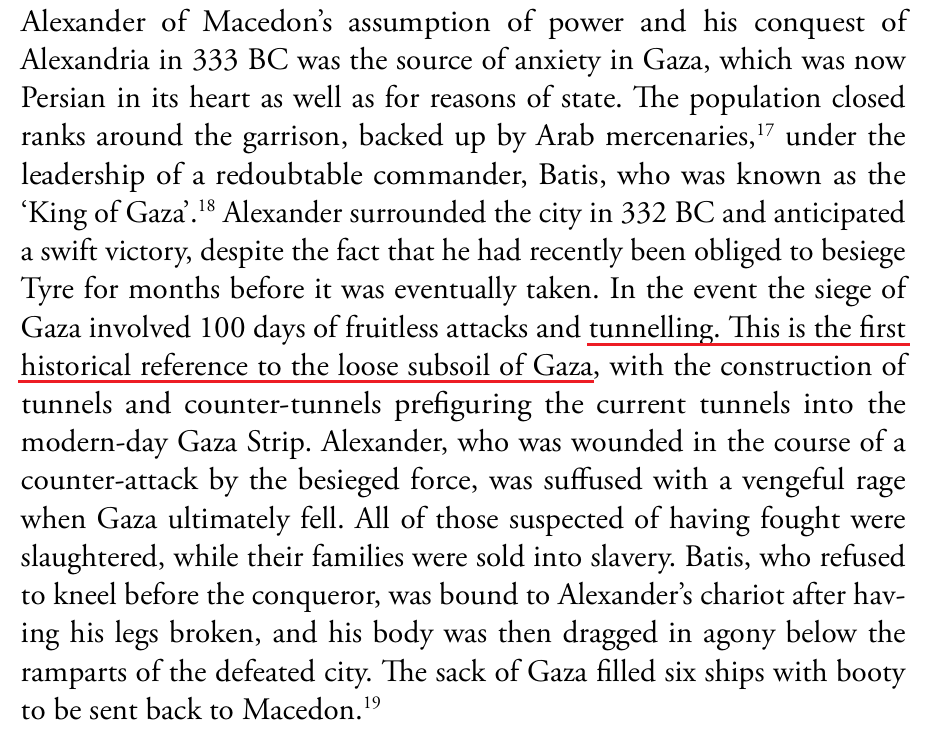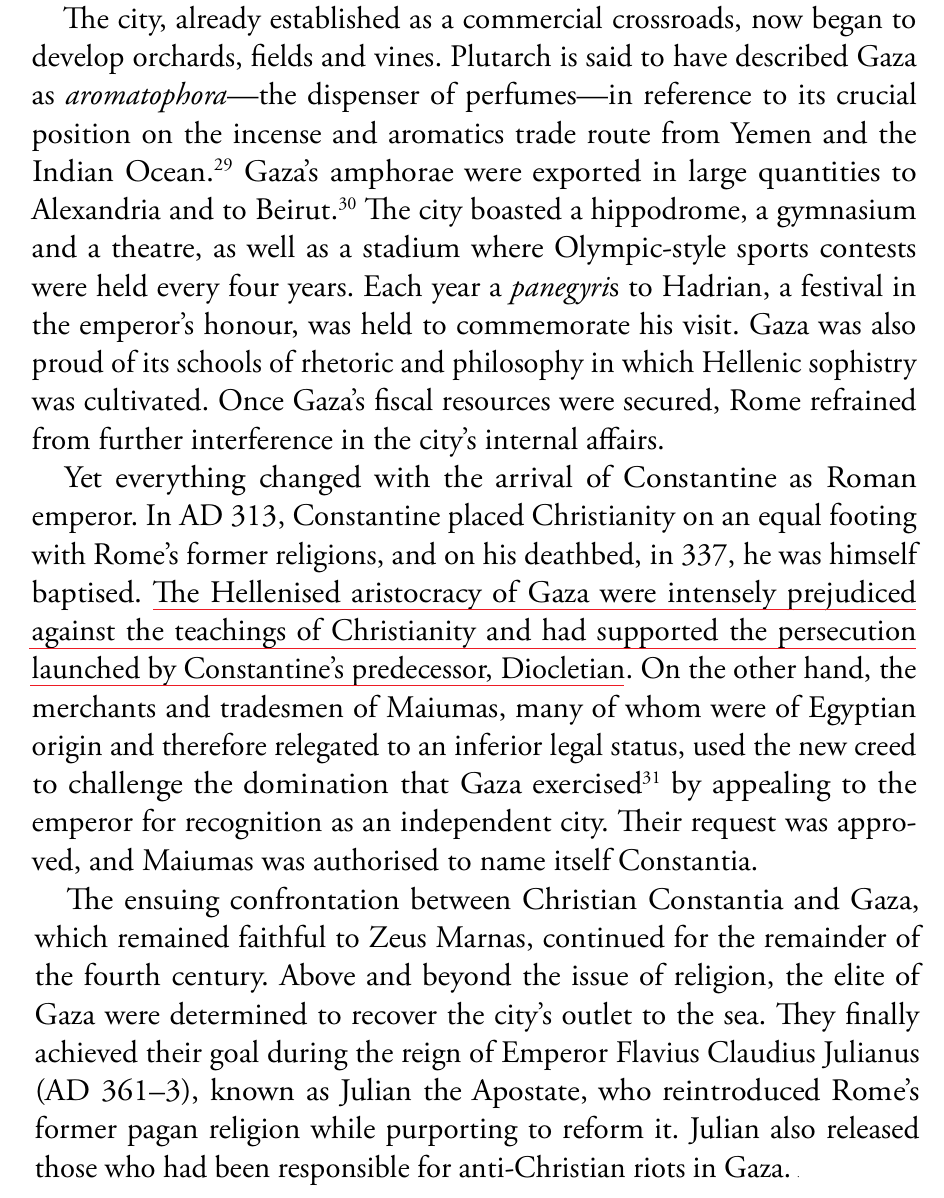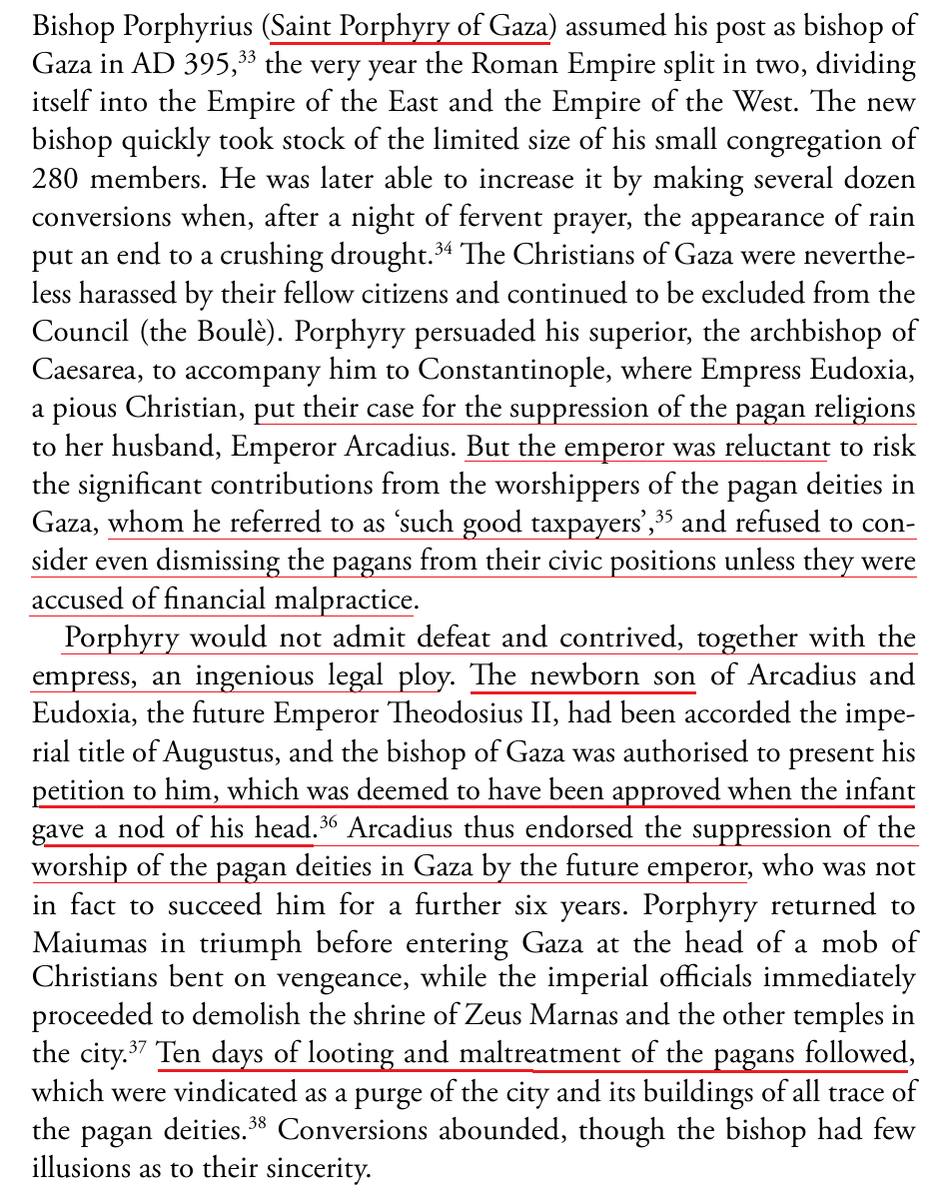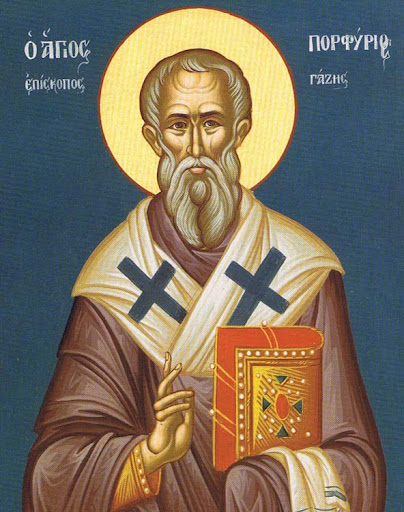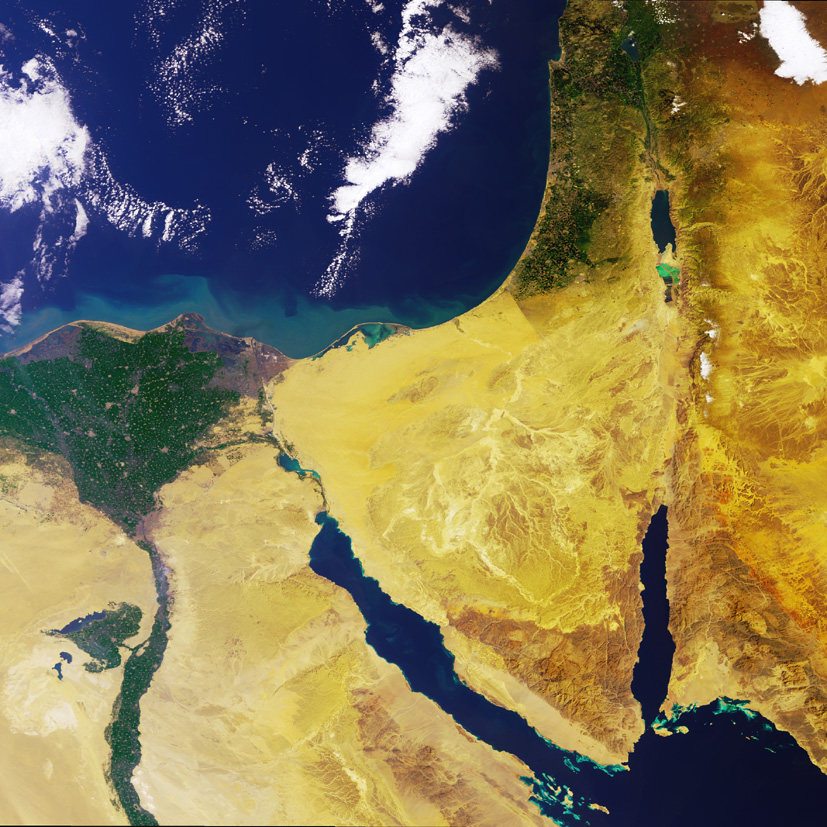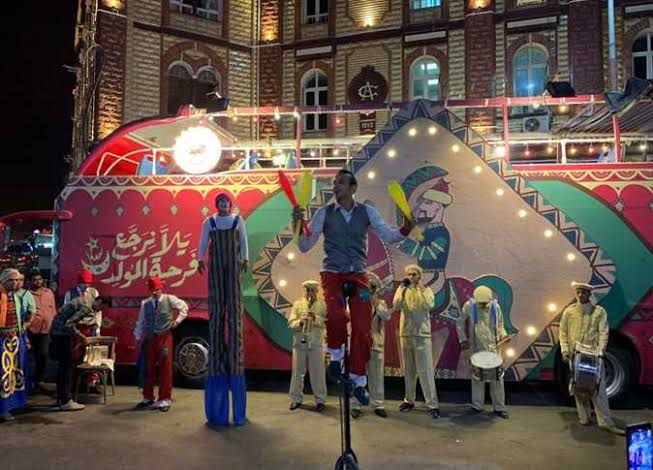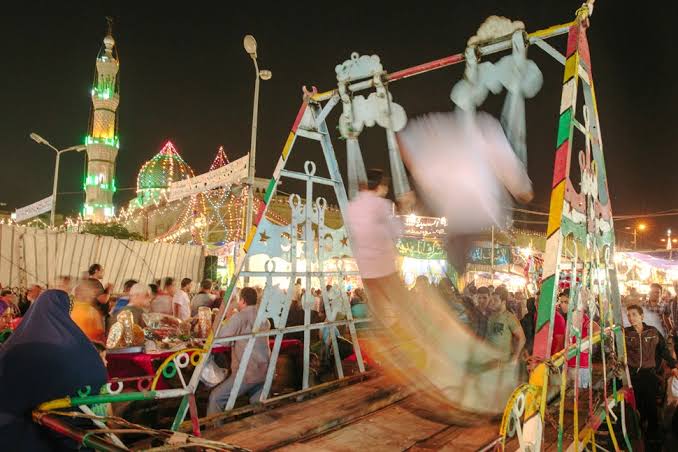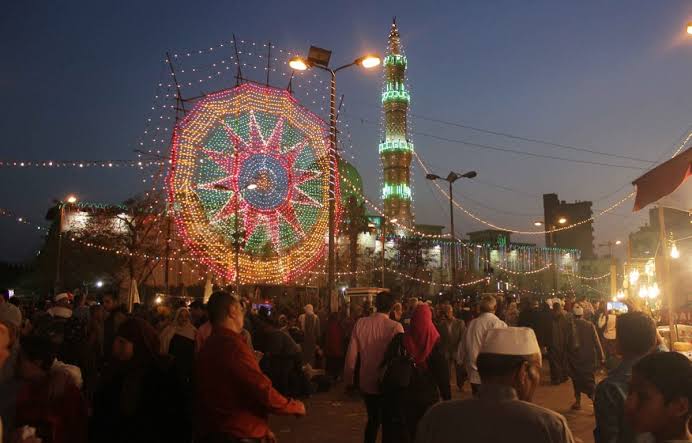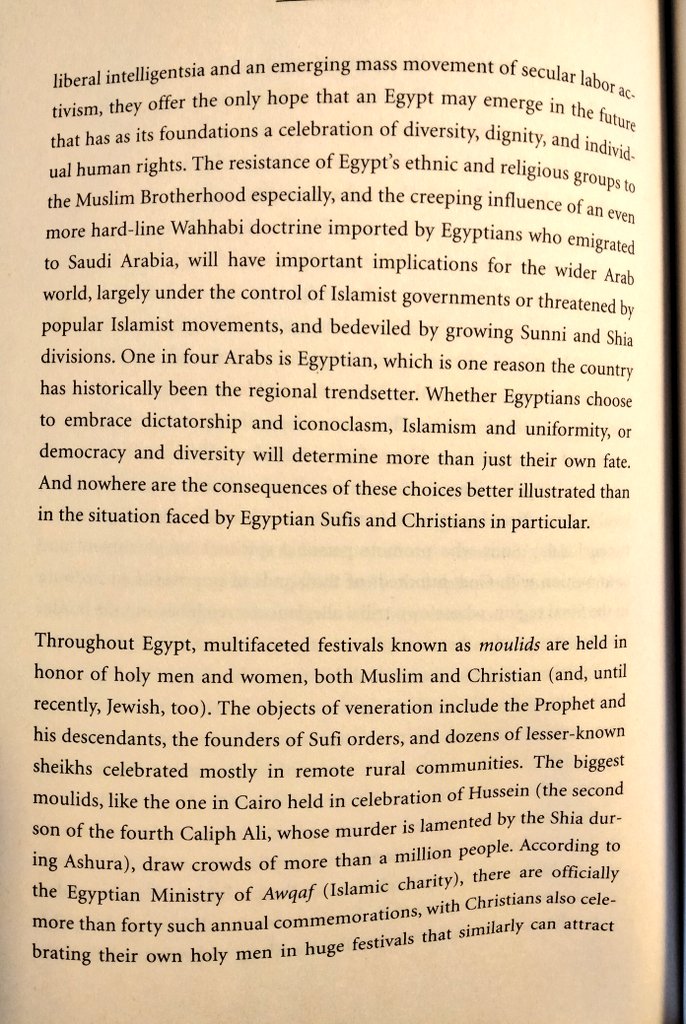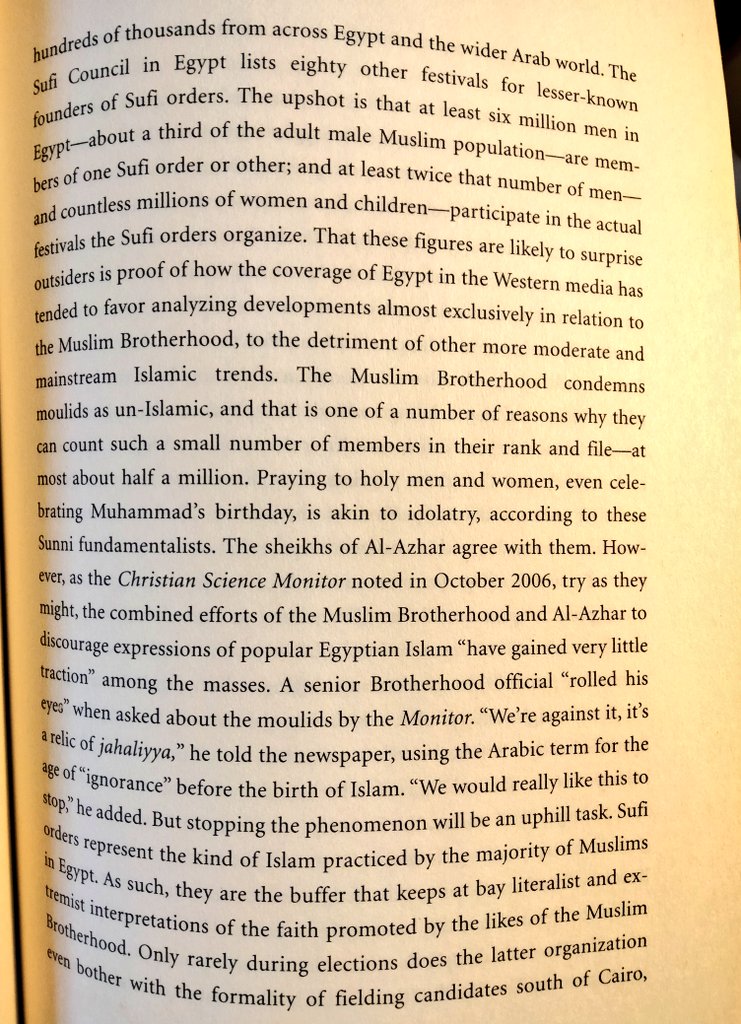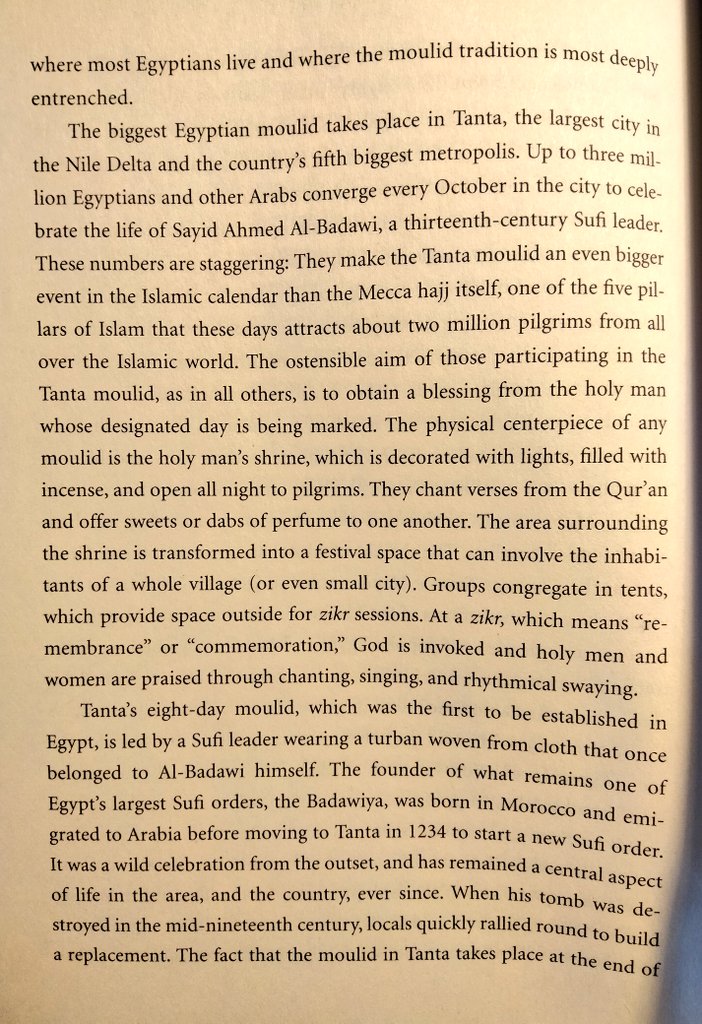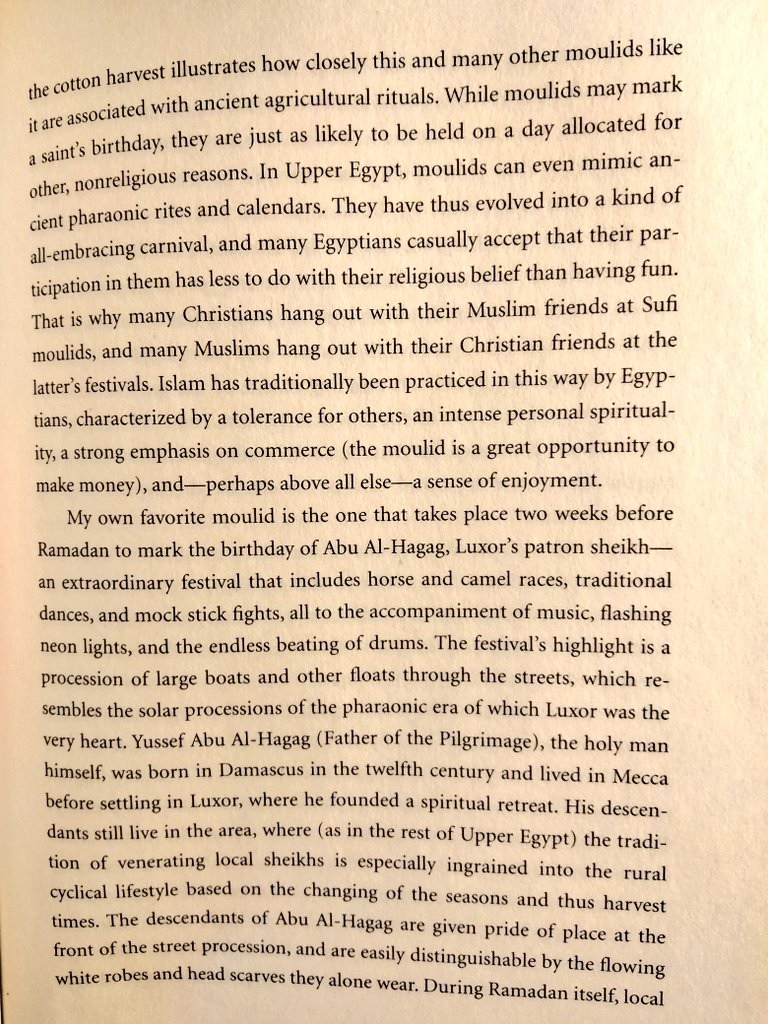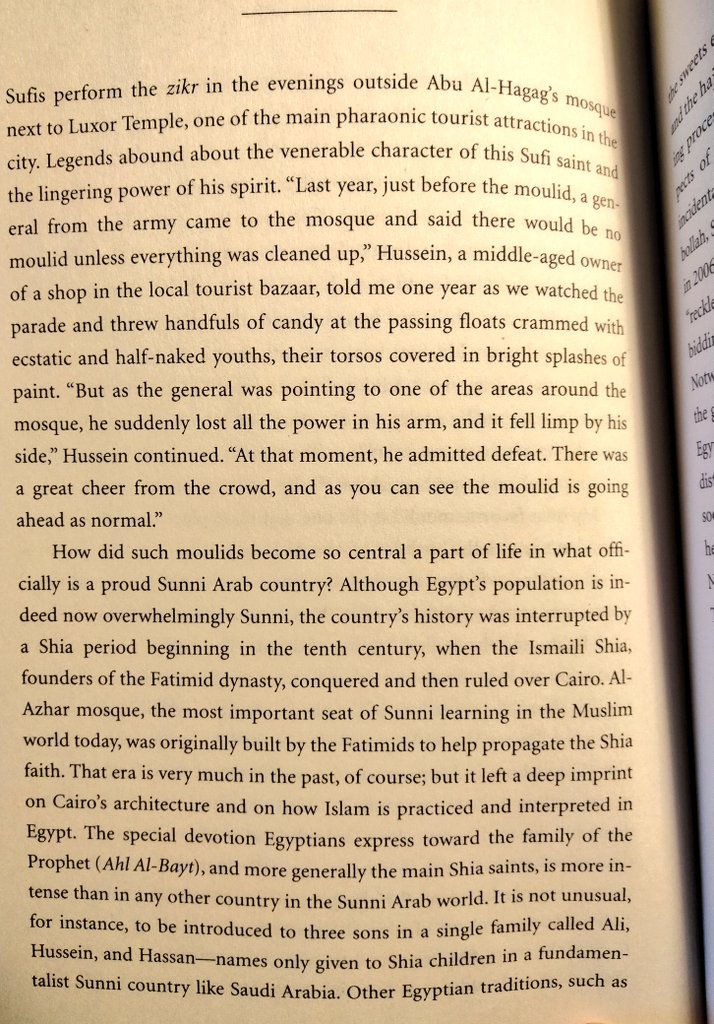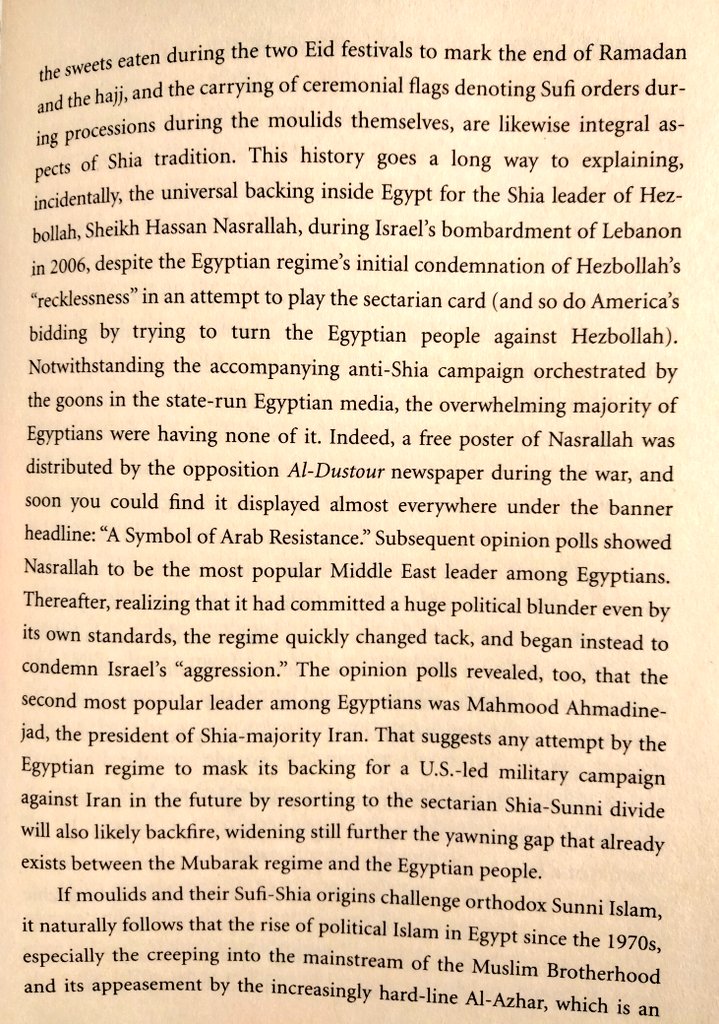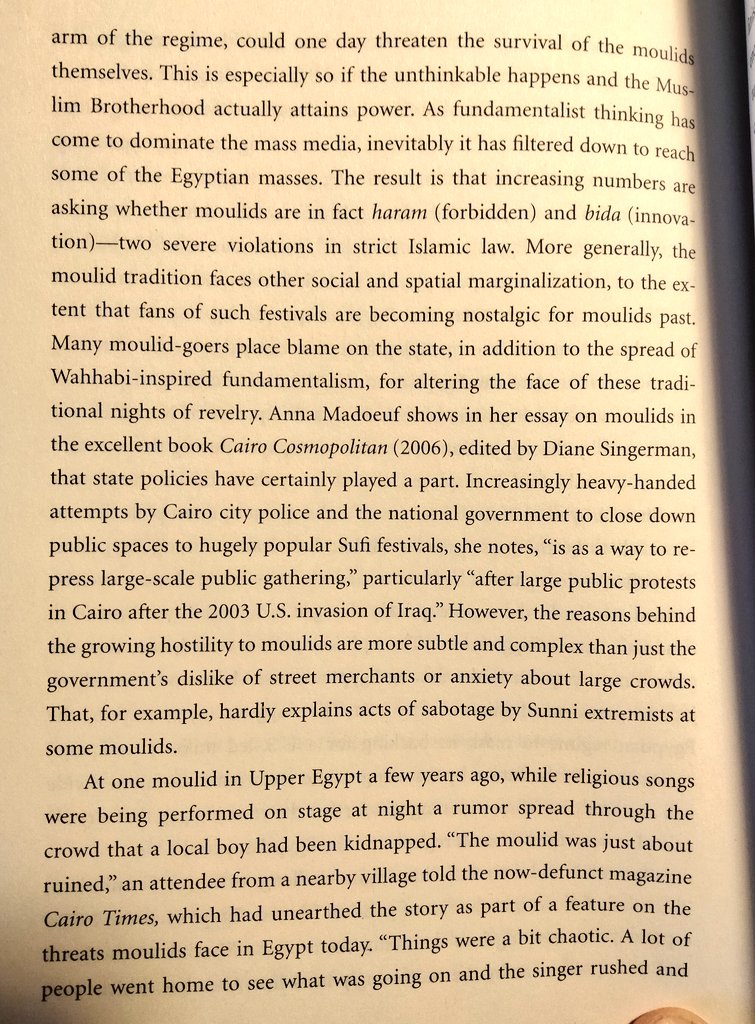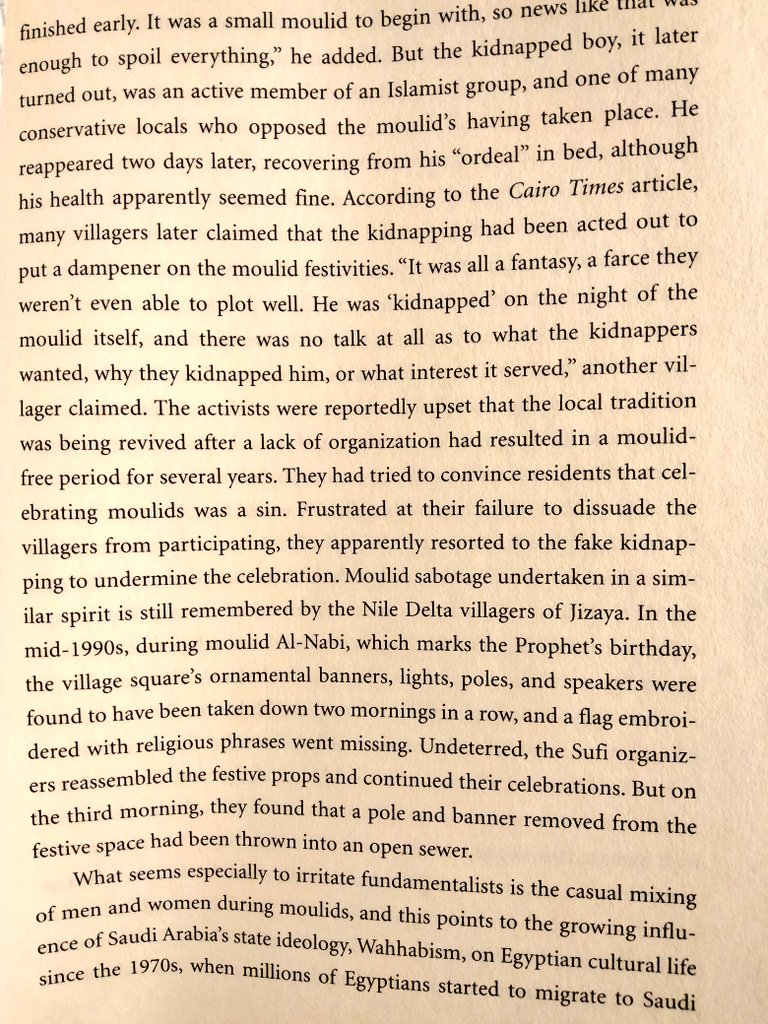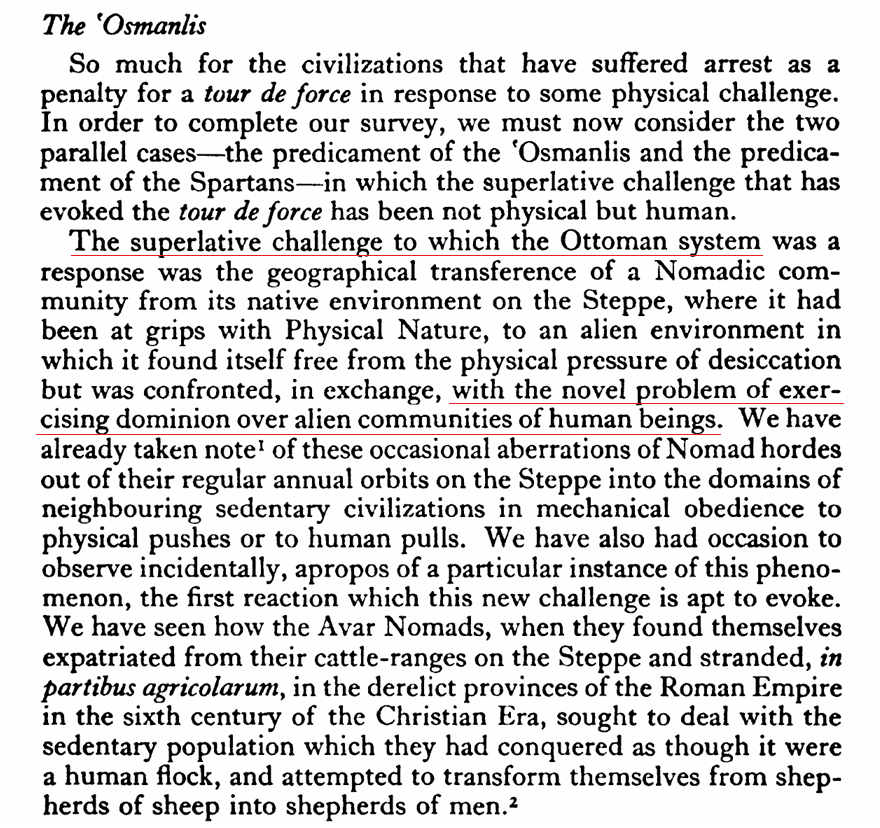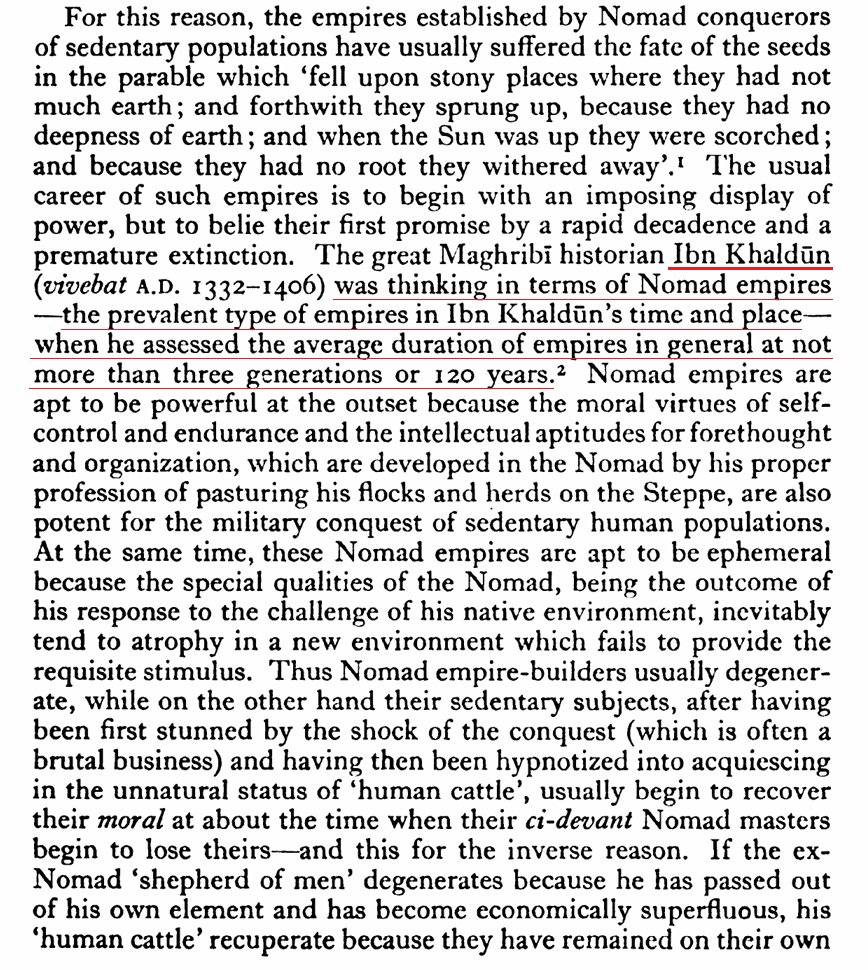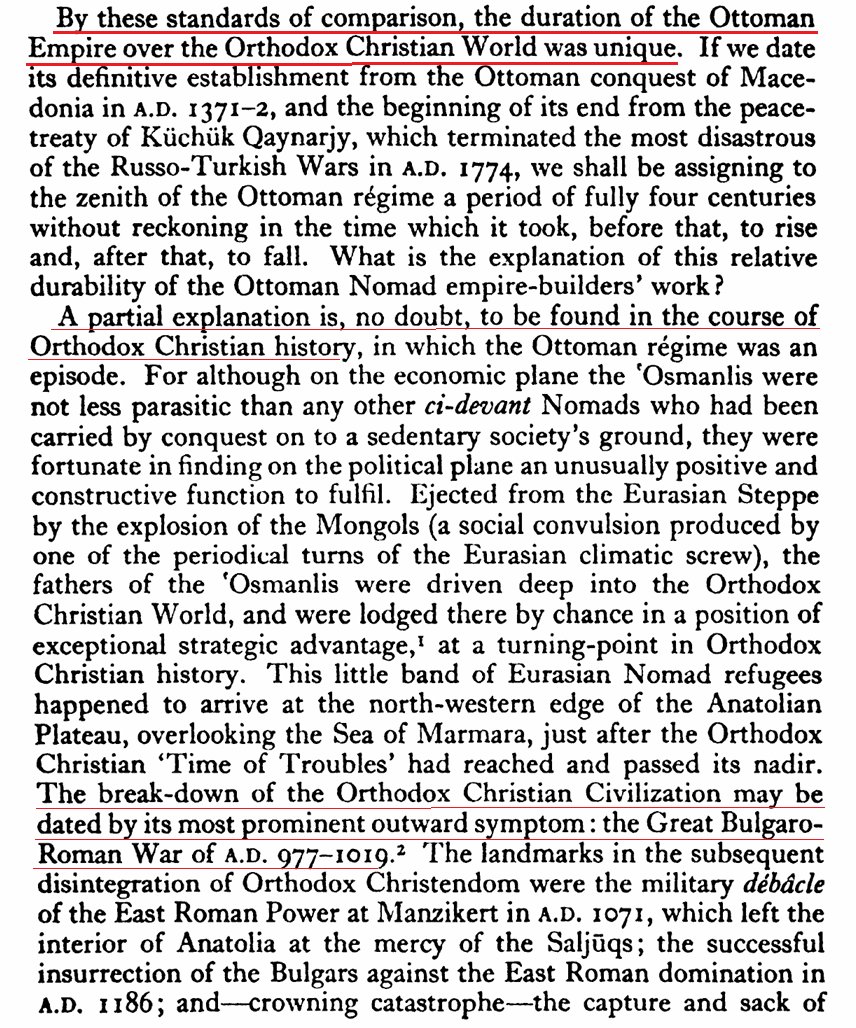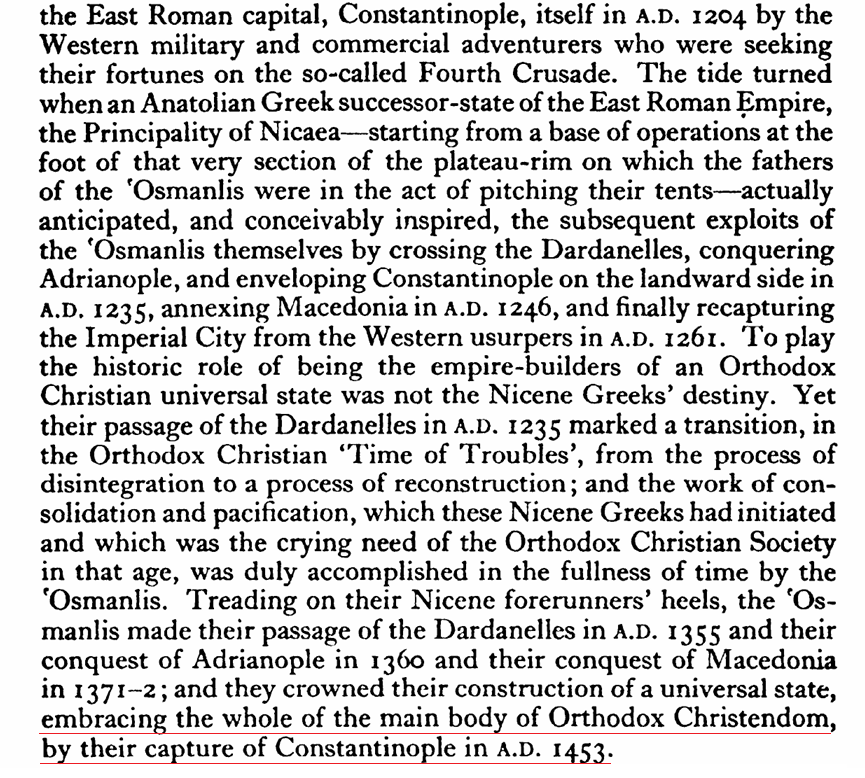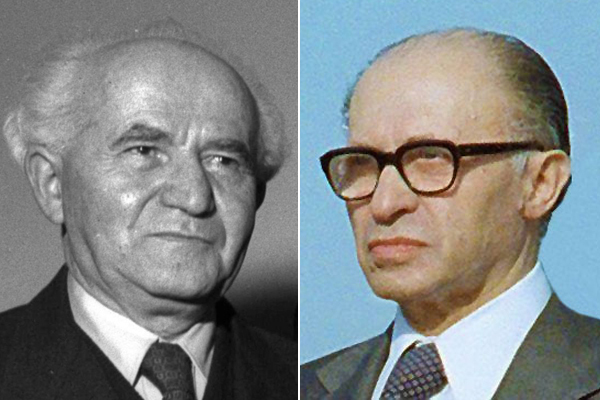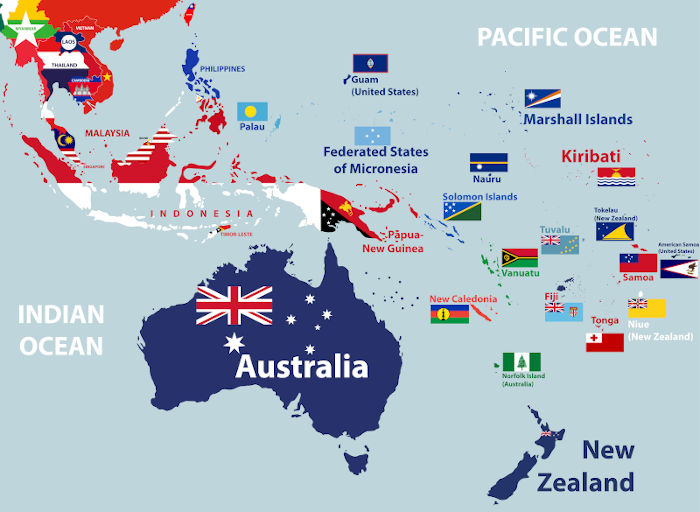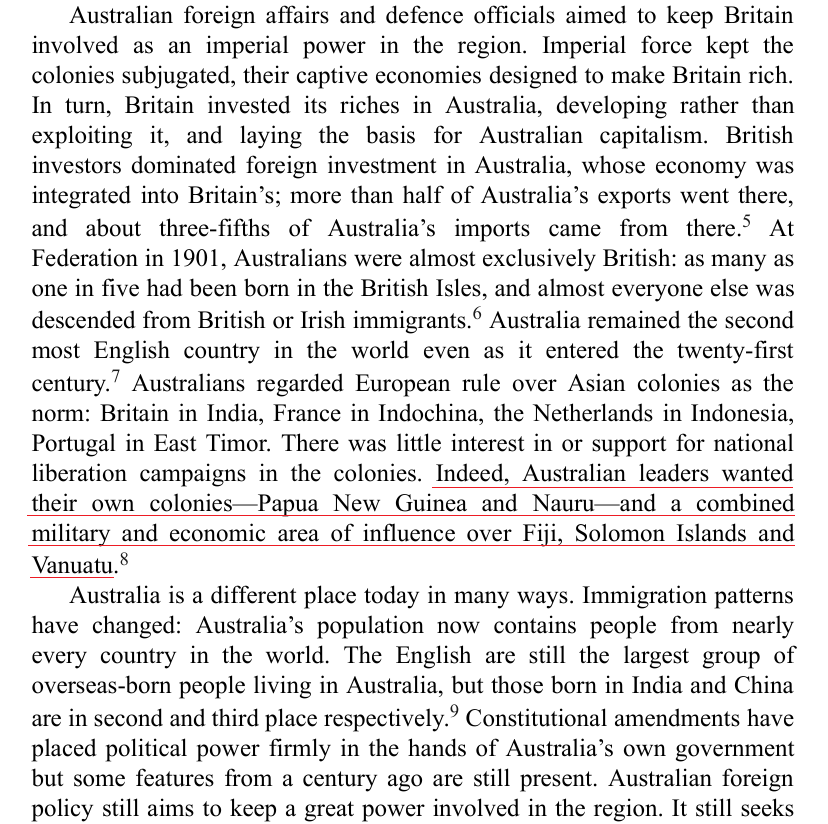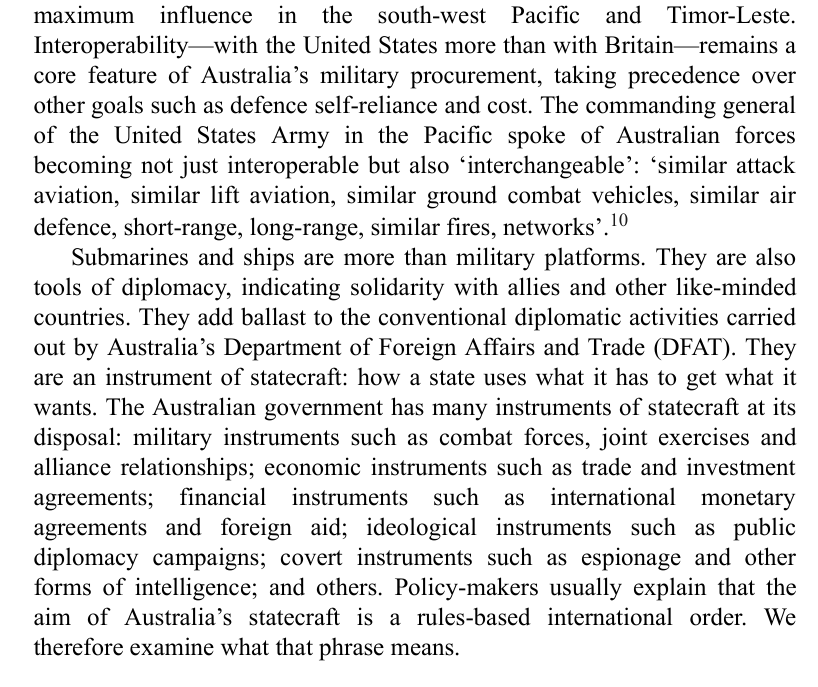Book excerpt 🧵on the Islamisation of the Javanese, the de-facto ruling race of Indonesia & nearly half its population. Over the 20thC Java went from a fundamentally pagan/Vedic society Muslim in name only, to an Islamic one now rapidly jetissoning its old culture & way of life.




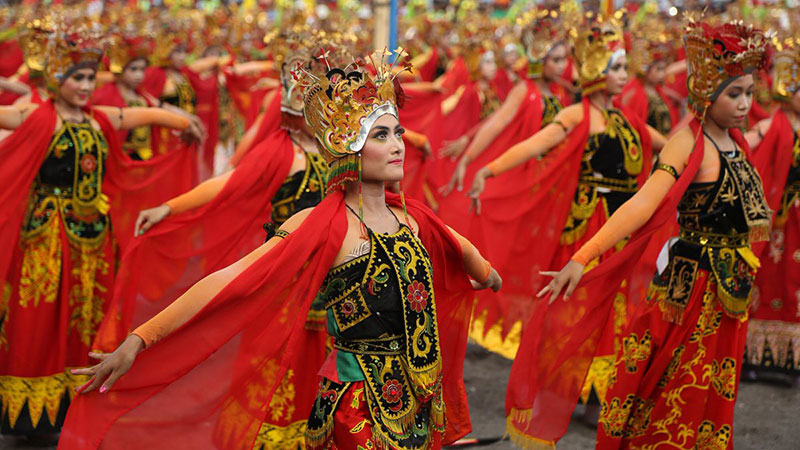

Indonesia remains near-invisible globally as a country that's just competent enough to have stable government & avoid wars, but far too poor to project power/culture abroad. However, as E. Asian birthrates collapse & demand labour, this will change.
So its Islamisation matters.


So its Islamisation matters.

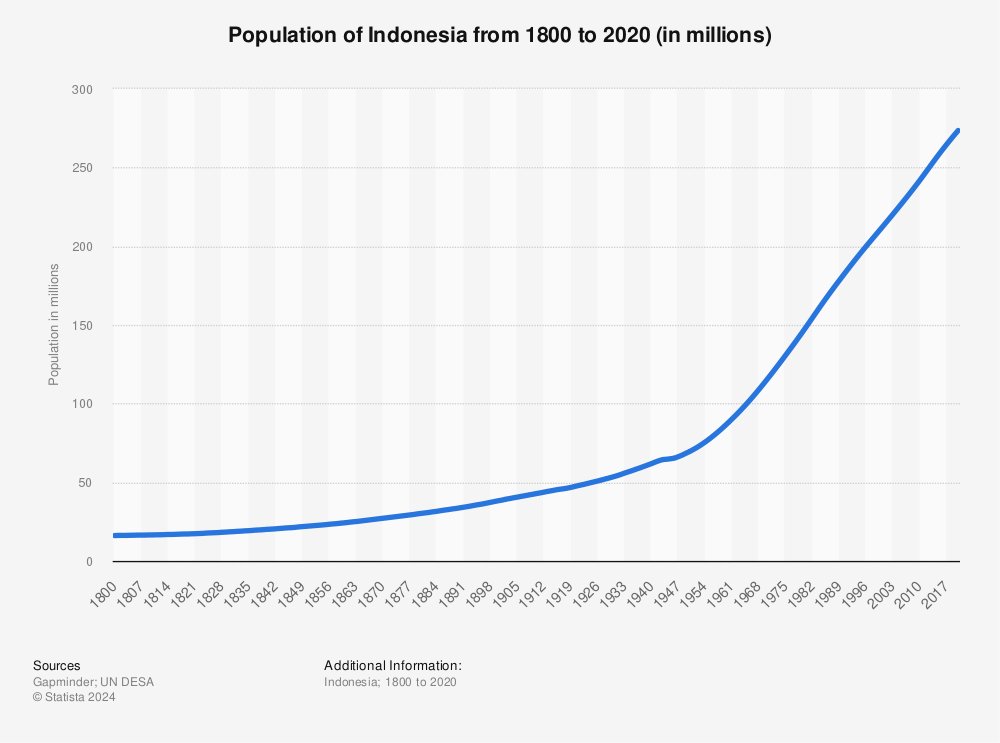
Indonesia is of course, one the world's most artificial states. Even its national "Indonesian" language is the mothertongue of almost no-one, being a creole form of Malay, growing massively after promotion as a Lingua Franca under the Dutch. This unintentionally spread Islam:



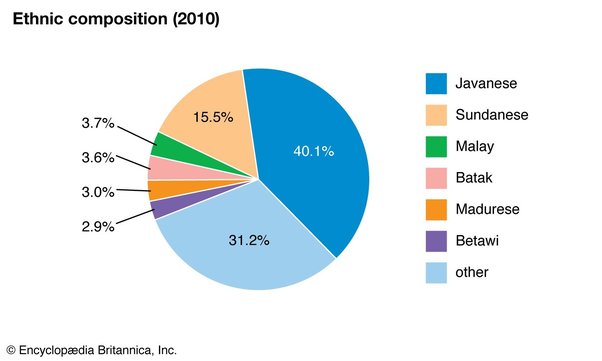
This was because the Malays were by far the most Islamicised culture of SE Asia on European arrival. Malay had even adopted the clunky Arabic script, whilst Java & others continued using their native Vedic syllabaries.
Portuguese & Dutch took over the Malay Sultanate first.




Portuguese & Dutch took over the Malay Sultanate first.
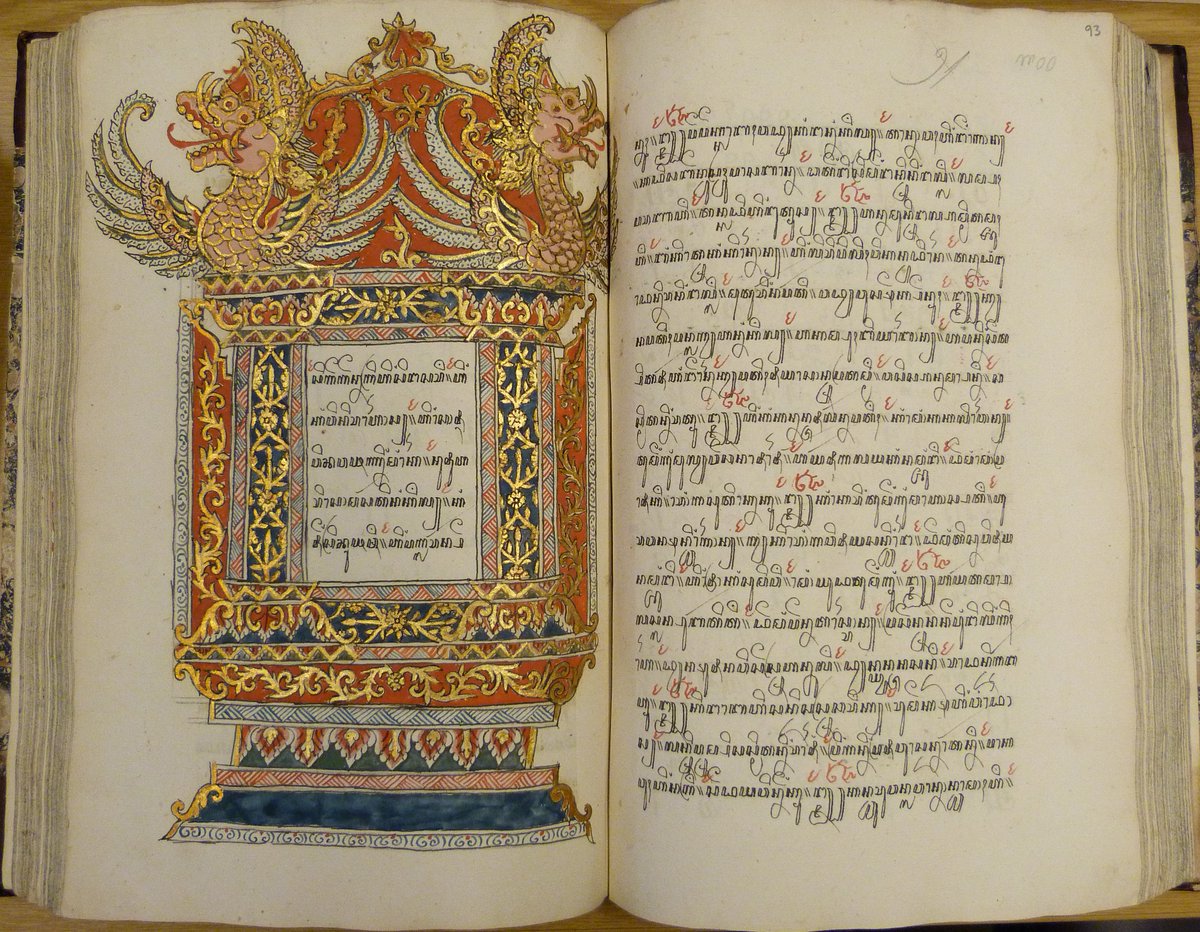

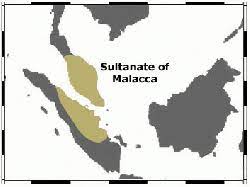
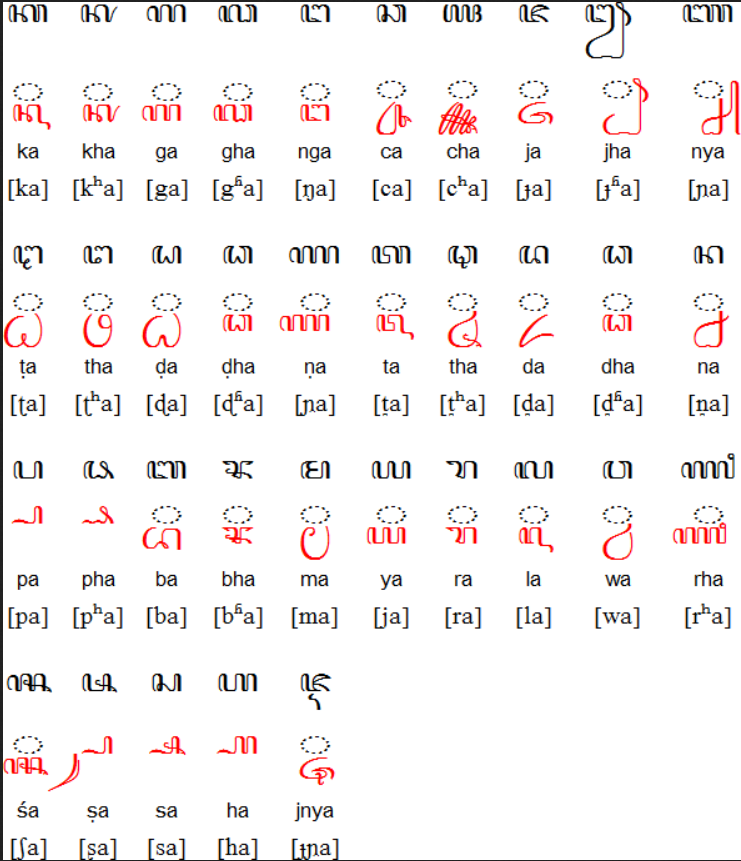
Outside Malaya, Islam only had a fragile foothold amongst elites. Islam came to the Archipelago barely a century before Europeans.
In fact, the last Hindu empire of Java, Majapahit, fell to Muslim Demak's invasion in 1527, whilst the Portuguese had a nearby base in Malacca.


In fact, the last Hindu empire of Java, Majapahit, fell to Muslim Demak's invasion in 1527, whilst the Portuguese had a nearby base in Malacca.
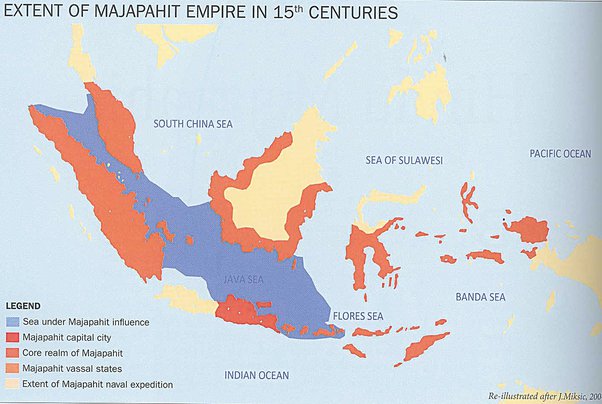
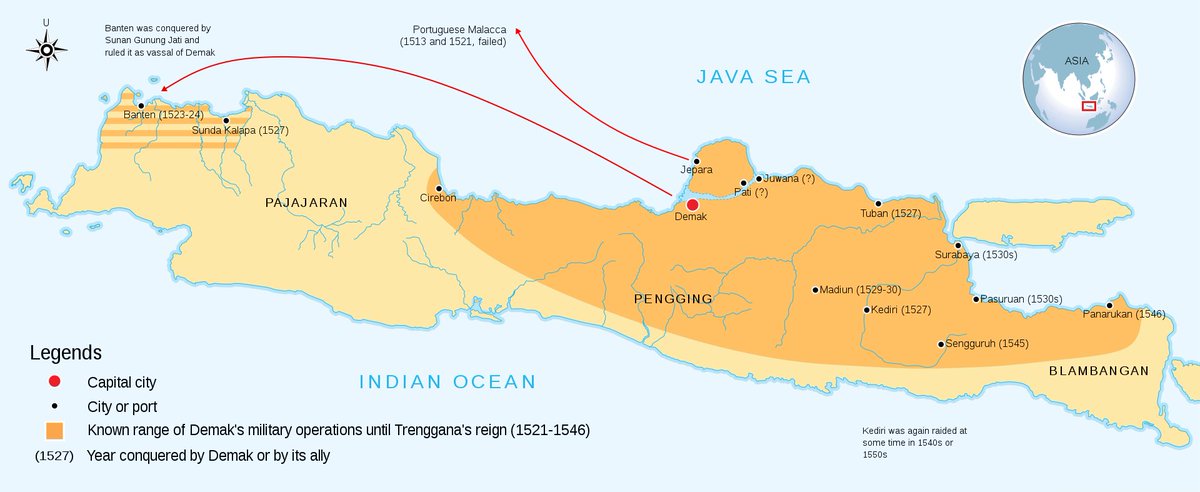
Neither the Portuguese or Dutch were much interested in spreading Christianity or conquest in Indonesia for centuries, content with holding coastal forts.
Meanwhile their trade dominance & adoption of Malay displaced Javanese, whilst spreading a language equated with Islam.
Meanwhile their trade dominance & adoption of Malay displaced Javanese, whilst spreading a language equated with Islam.
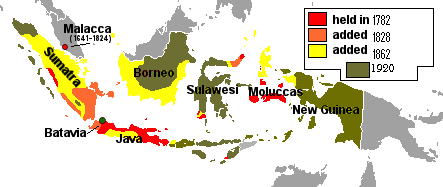
Even by the 1930s, on the eve of WW2 & Independence, these Islamic conversions remained extremely superficial. The vast peasant majority of Java's population remained Pagan in practice- "Abangan". This intensified class conflict with the pious Muslim bourgeoisie -"Putihan/Santri"



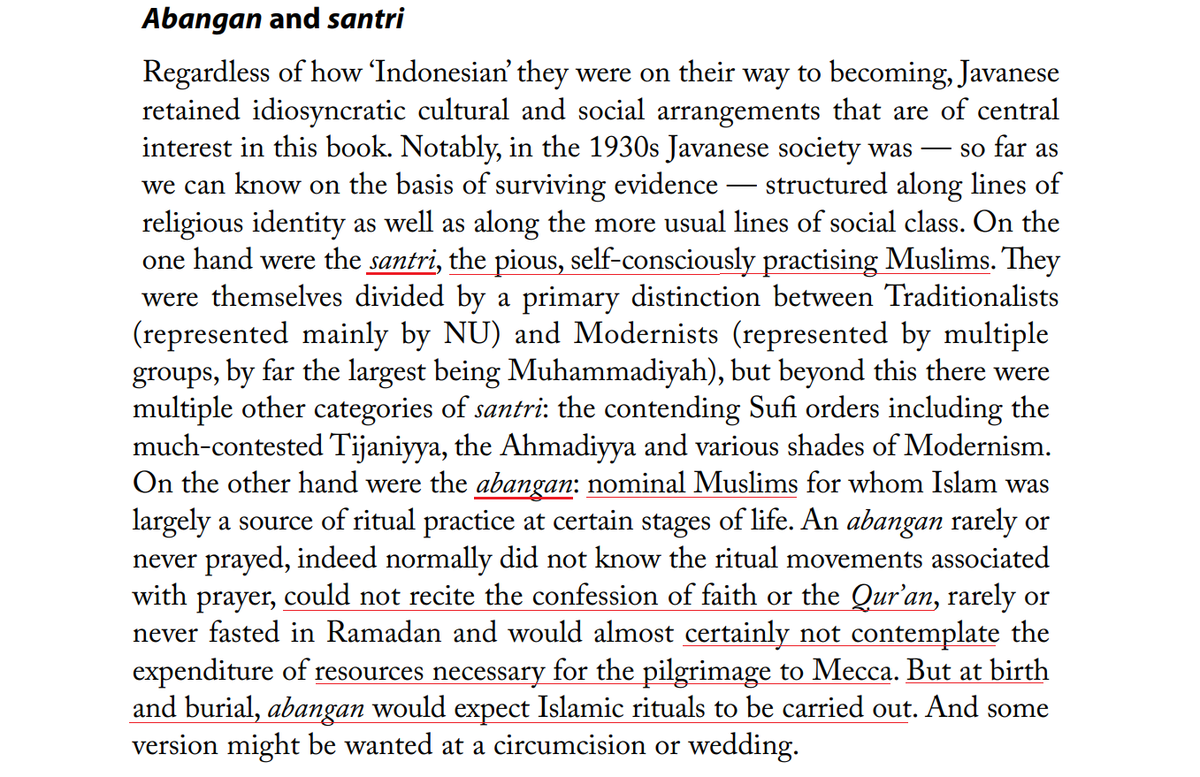
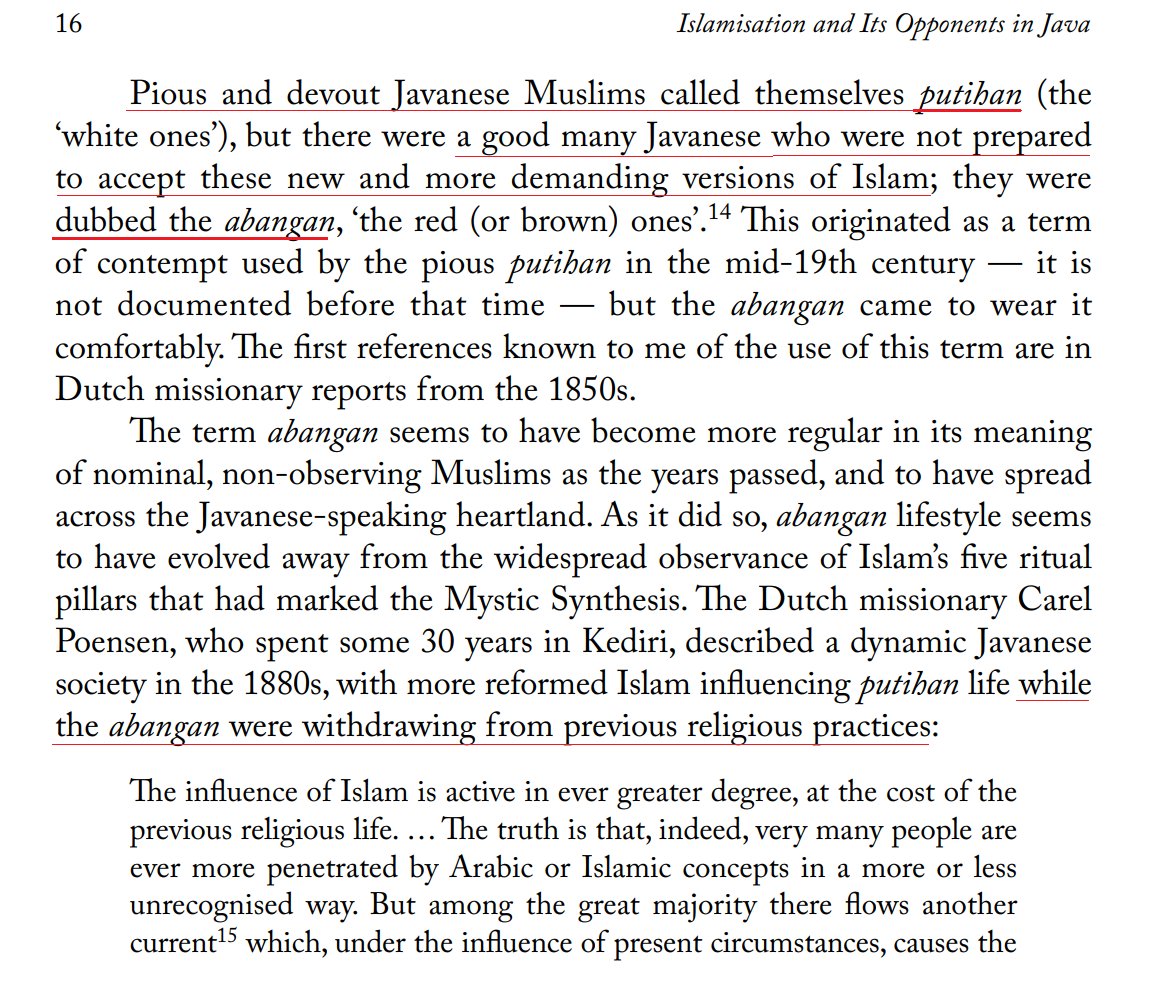
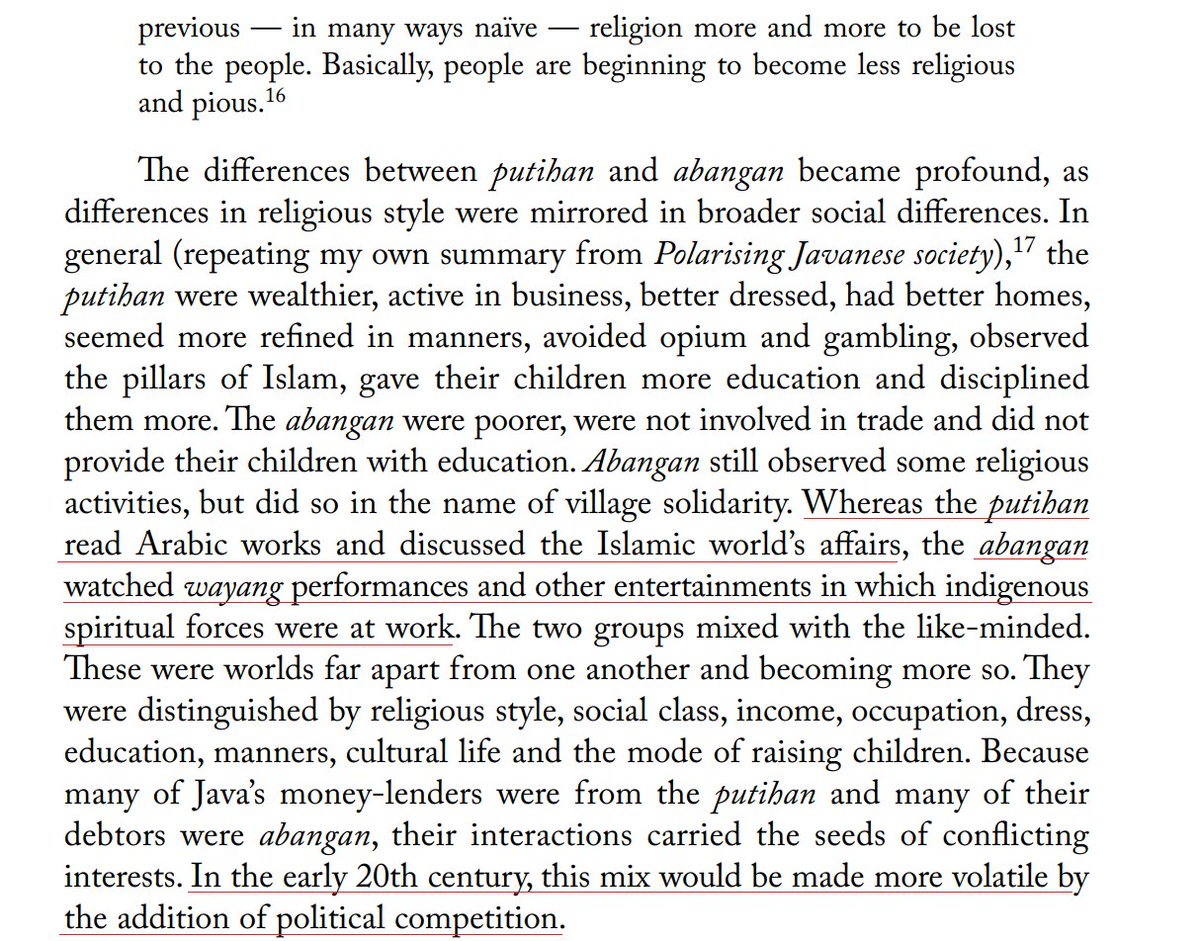
Finally there was the Westernising Javanese aristocracy, the "Priyayi". Like the Abangan peasants, their Islam was mostly nominal, but for different reasons. Dutch scholarship had revived their pride in Java's pre-Islamic heritage.



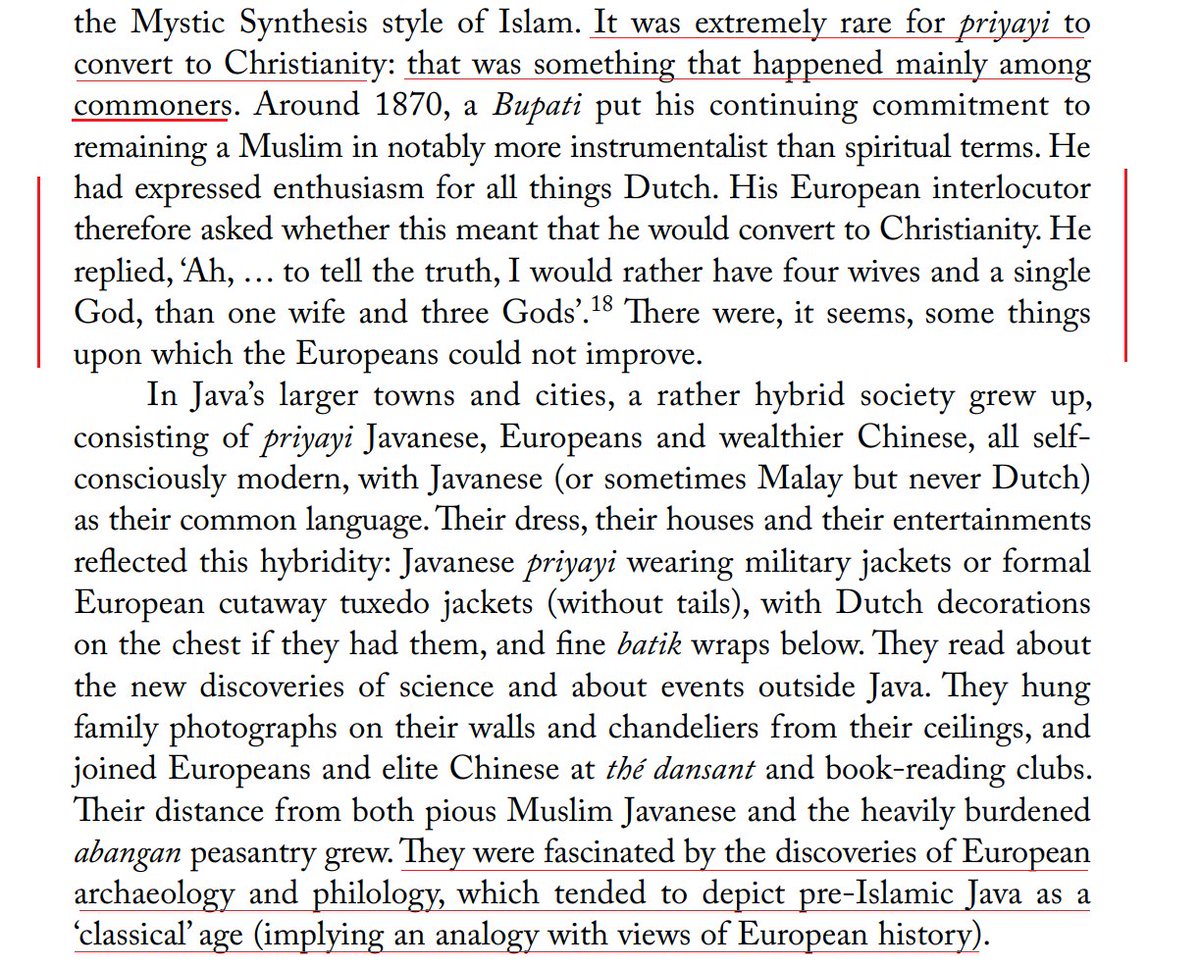
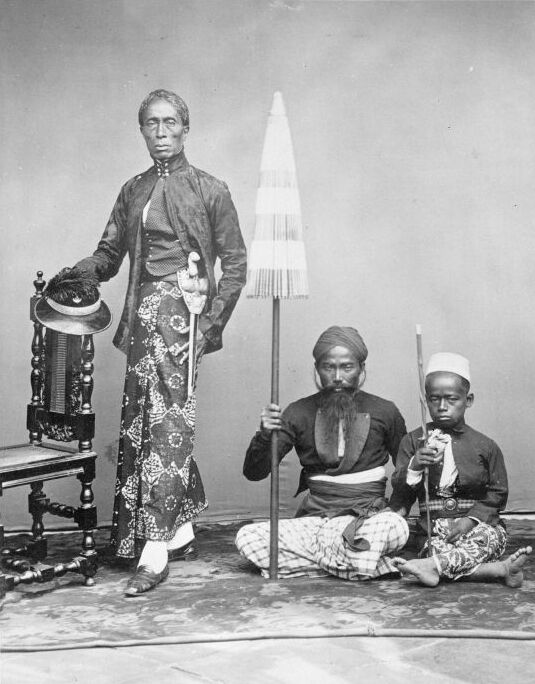

Some Javanese aristocrats even saw Java's embrace of Islam as a "Civilisational Mistake". Works were written mocking & ridiculing Mohamed, mixing European literary & native folk traditions.
One prophesised a mass-conversion to ✝️, auguring a rebirth of the Javanese people.




One prophesised a mass-conversion to ✝️, auguring a rebirth of the Javanese people.
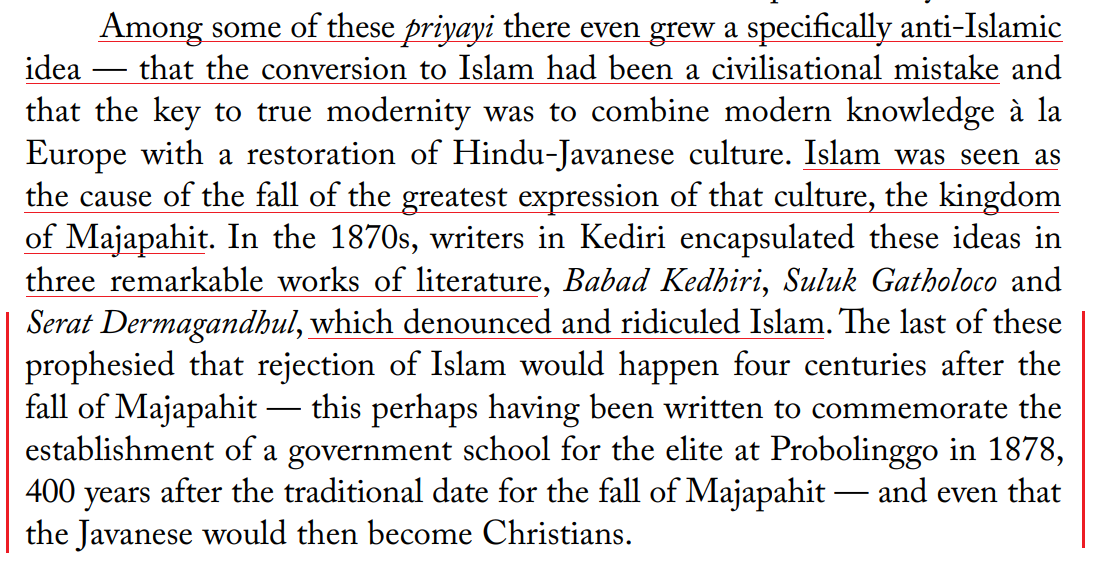


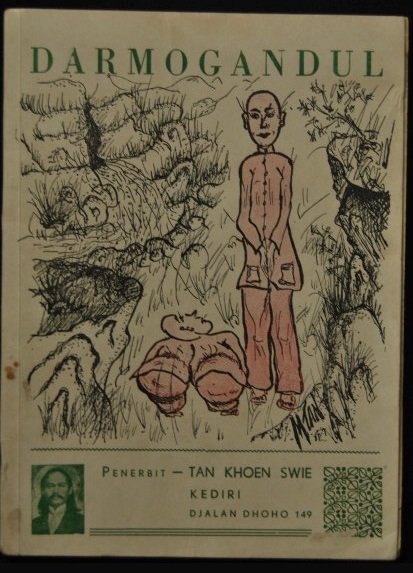
Combined pressures on Javanese Islam from both the upper & lower classes led to a fierce counter-reaction.
The most successful were the Wahhabi-like "Modernists", who sought to 'purify' local Islam, reject traditional Kyai preachers, & instead rely solely on the Quran.




The most successful were the Wahhabi-like "Modernists", who sought to 'purify' local Islam, reject traditional Kyai preachers, & instead rely solely on the Quran.
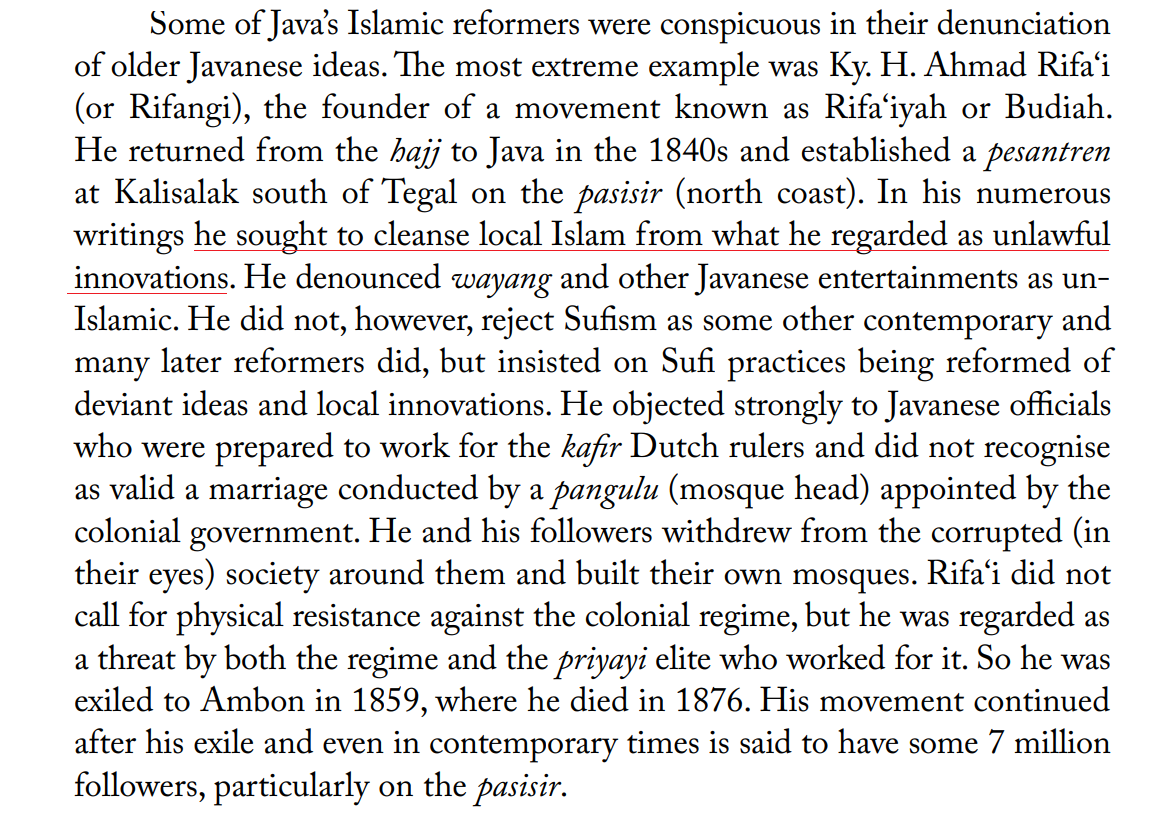
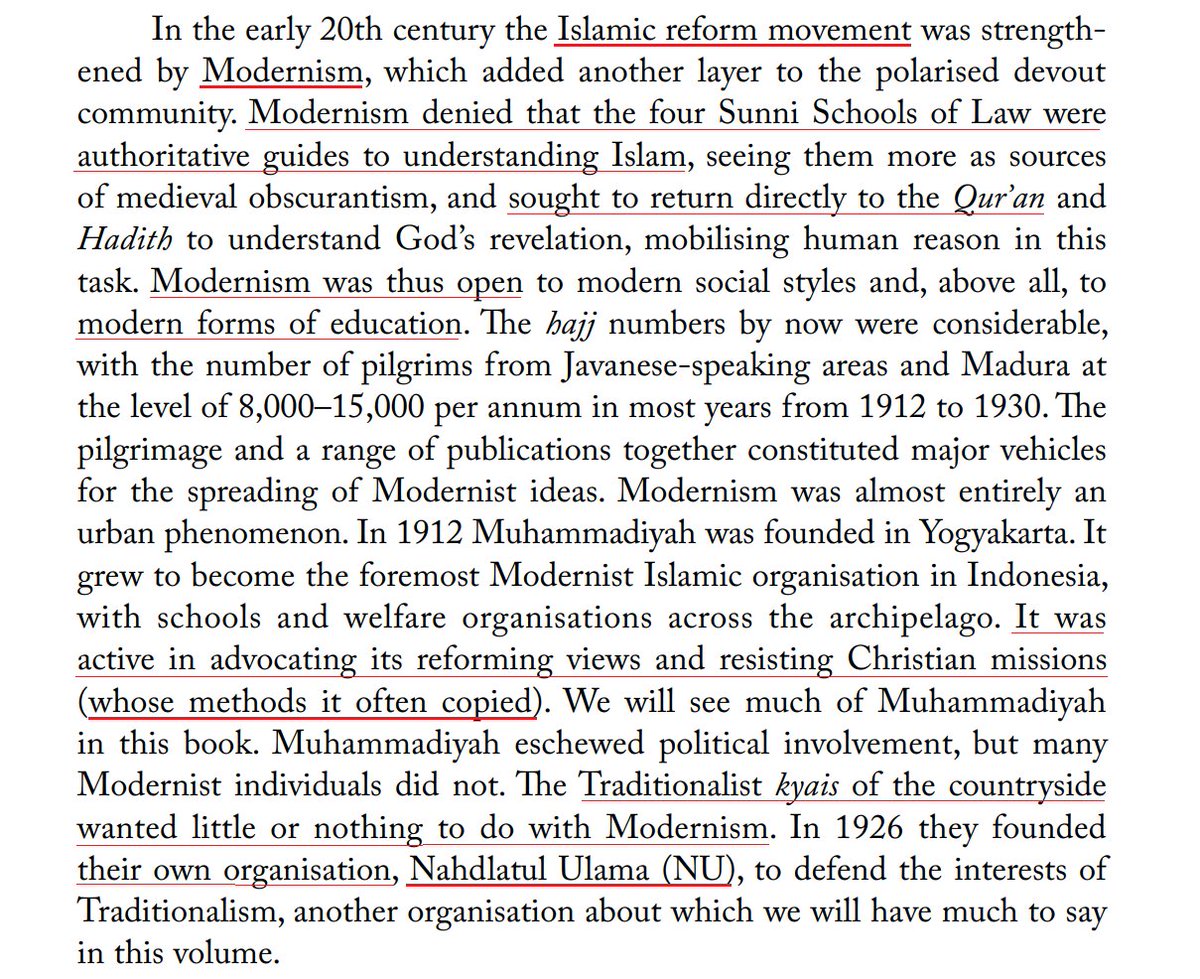
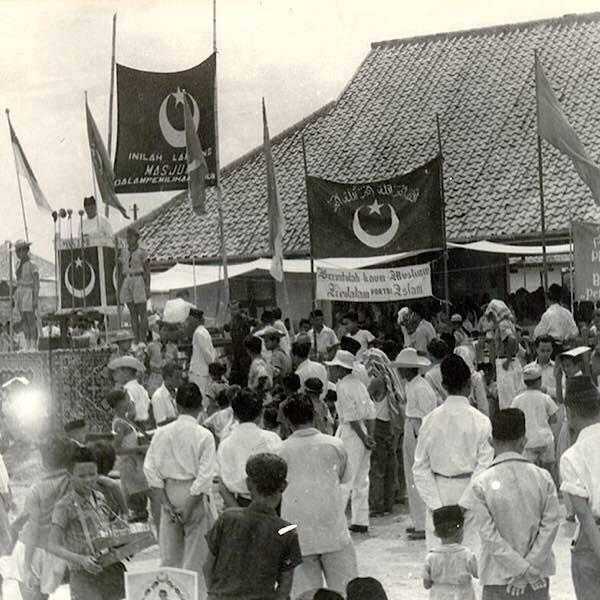
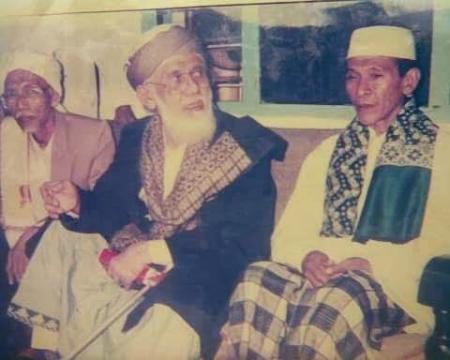
The new Islamic political parties were in turn opposed by the Indonesian Communists. Representing the syncretist "Abangan", the Communists often incorporated anti-clerical & indigenous folk motifs into their propaganda.
Whilst hating each other, both groups opposed Dutch rule.




Whilst hating each other, both groups opposed Dutch rule.
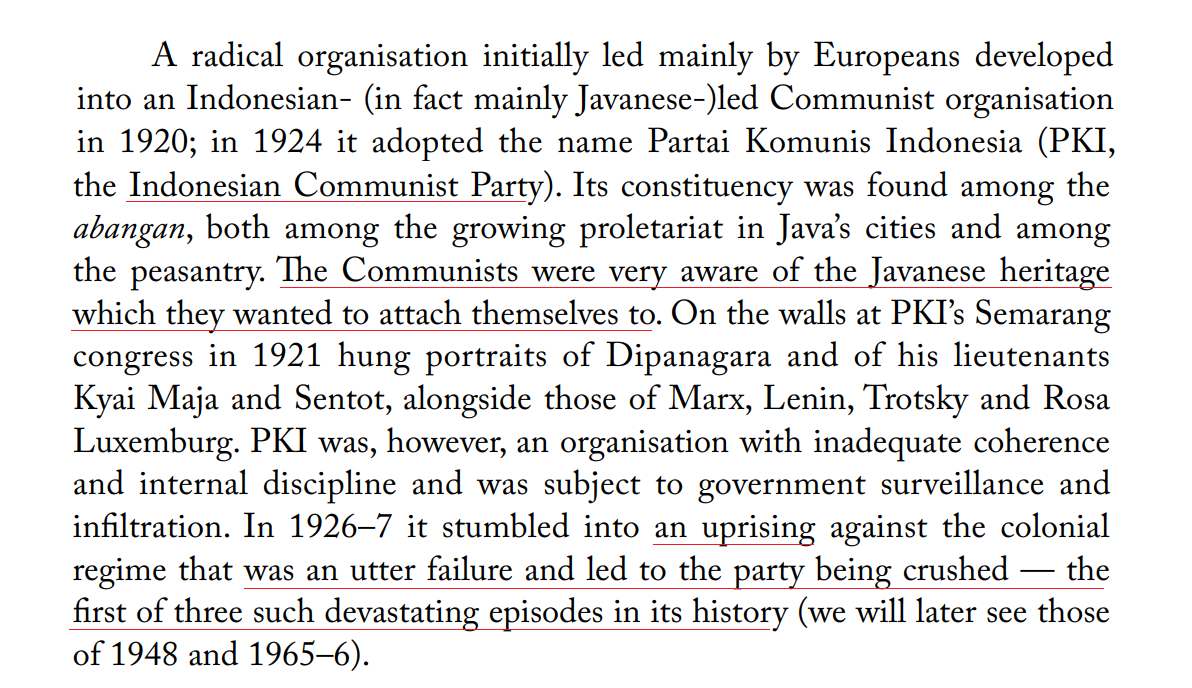
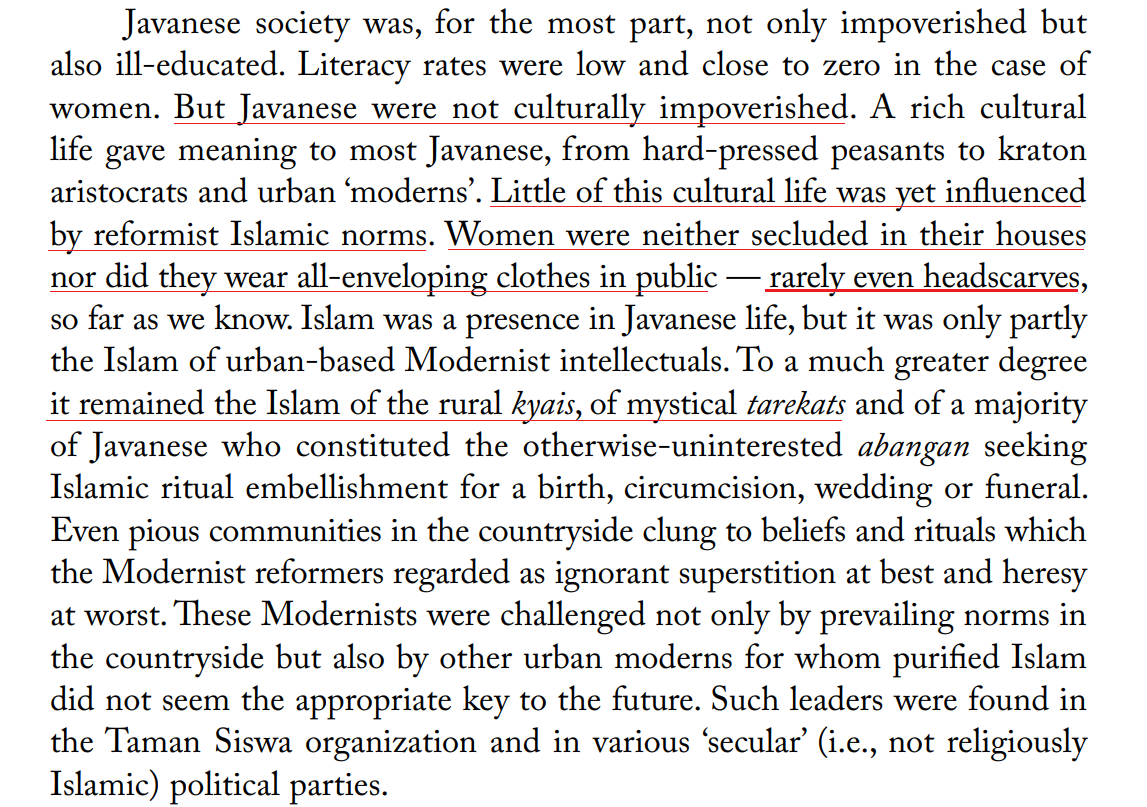
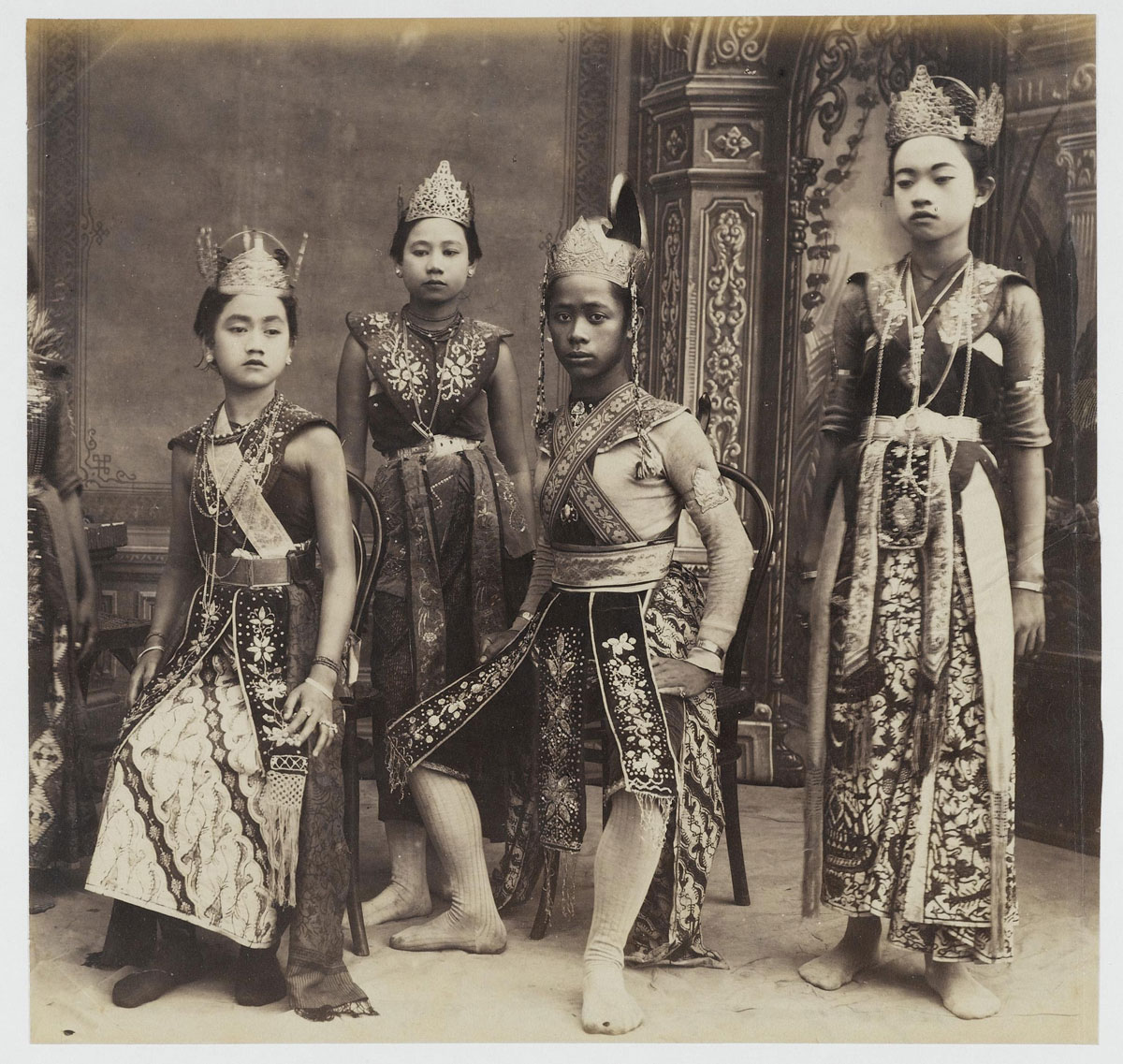

WW2 & Japan's conquest of the East Indies suddenly wiped out both the Dutch & the pro-Western "Priyayi" aristocracy from Javanese society.
Islamist "Santri" then took their place as the leading collaborators, the Japanese using Kyai preachers for mobilisation & propaganda.




Islamist "Santri" then took their place as the leading collaborators, the Japanese using Kyai preachers for mobilisation & propaganda.
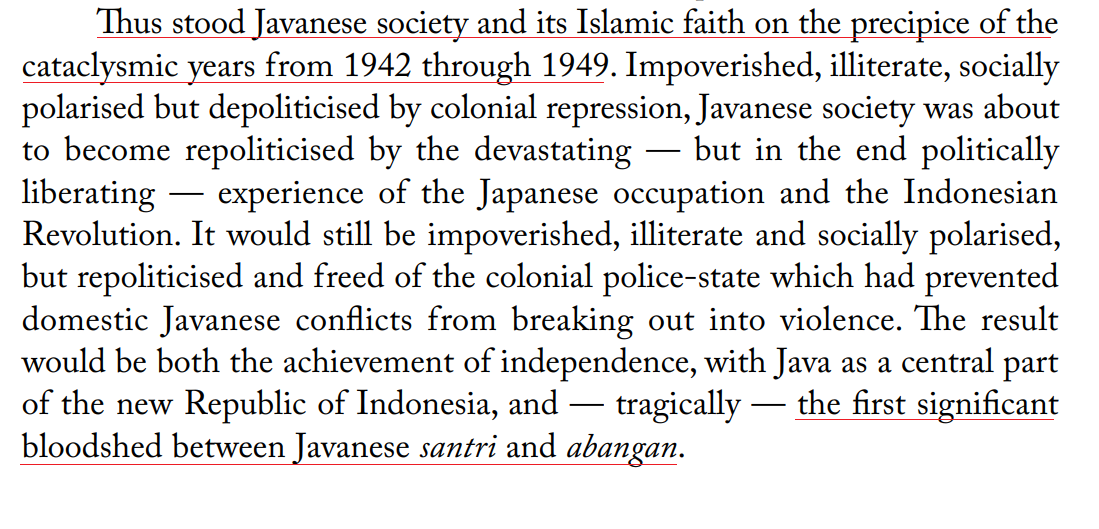
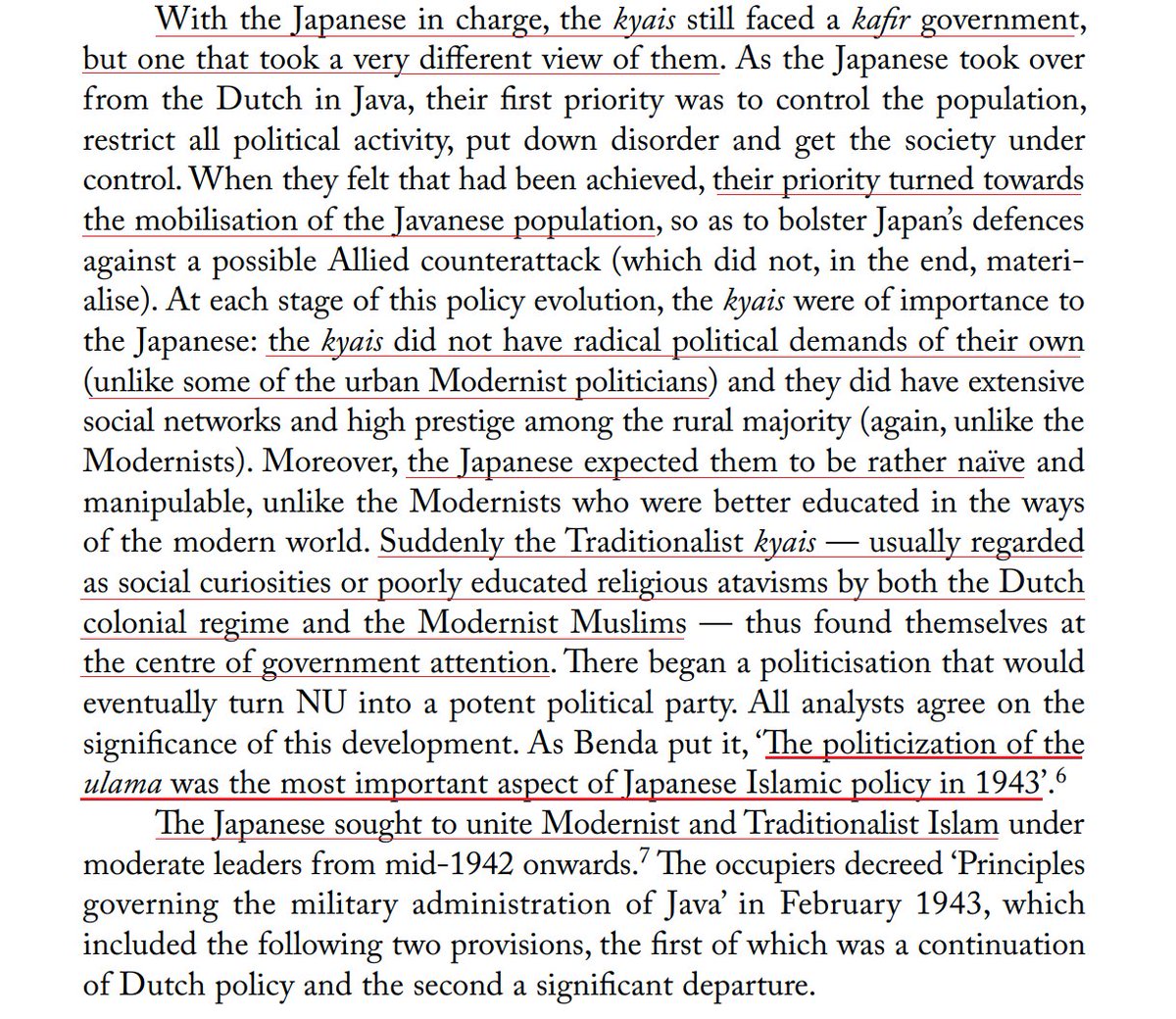
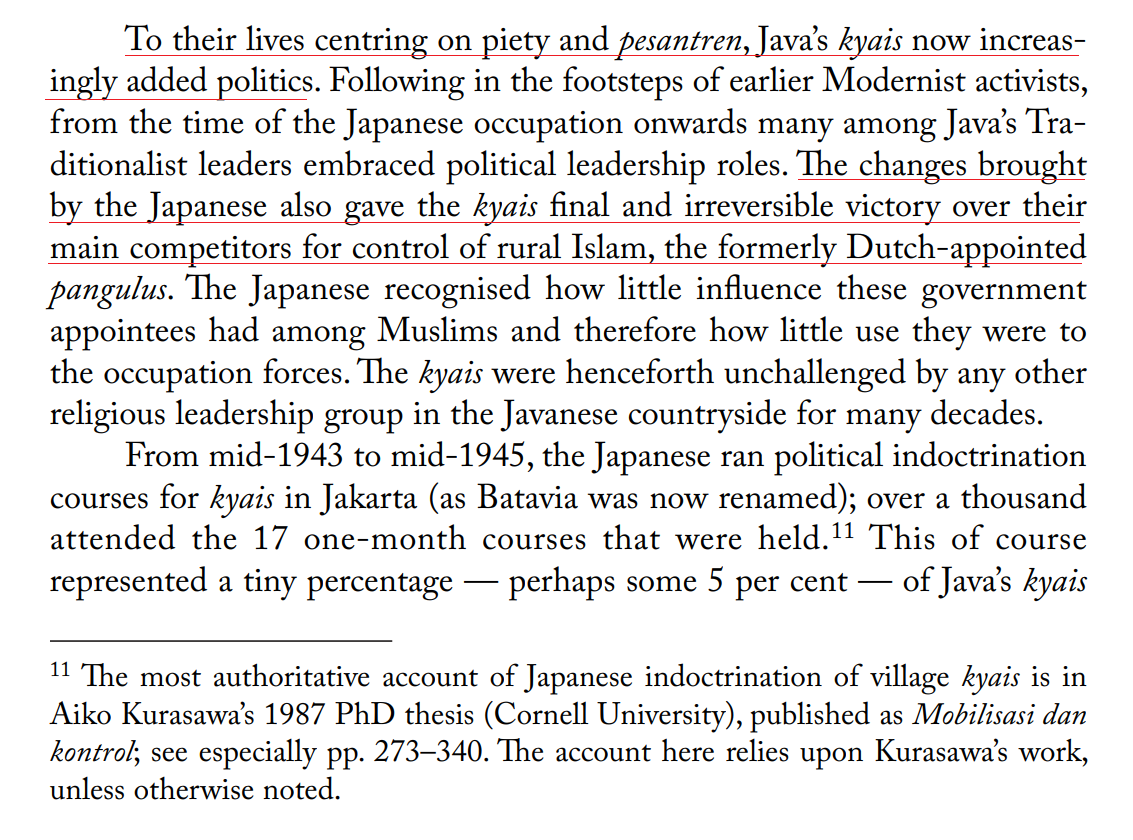
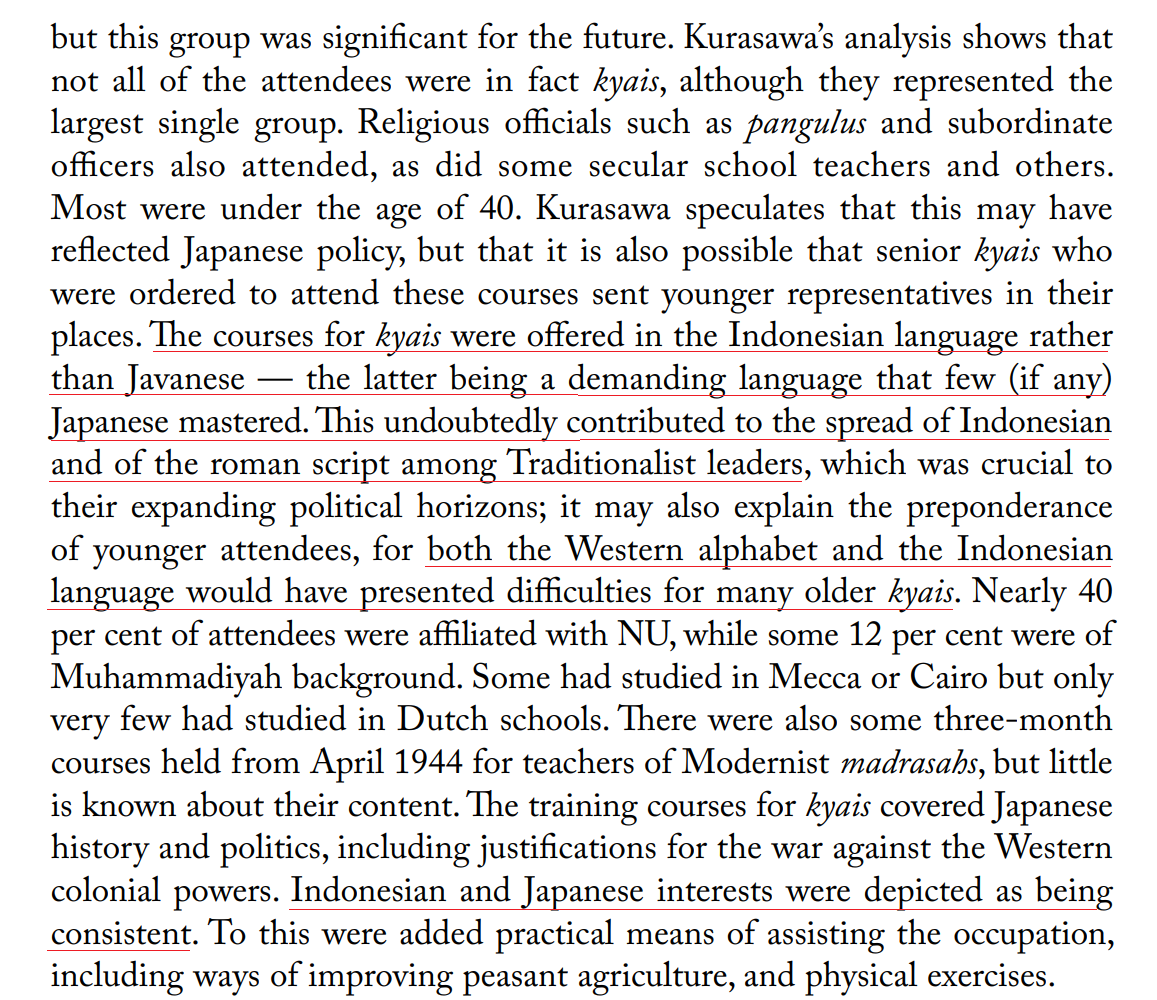
Meanwhile, with the Dutch & Javanese aristocracy both gone, the Indonesian Communists were left as the Islamists' sole opponents.
The Japanese in Indonesia were bypassed by the Allies during WW2, holding it at the war's end. Dutch lost all prestige & soon lost control postwar.


The Japanese in Indonesia were bypassed by the Allies during WW2, holding it at the war's end. Dutch lost all prestige & soon lost control postwar.
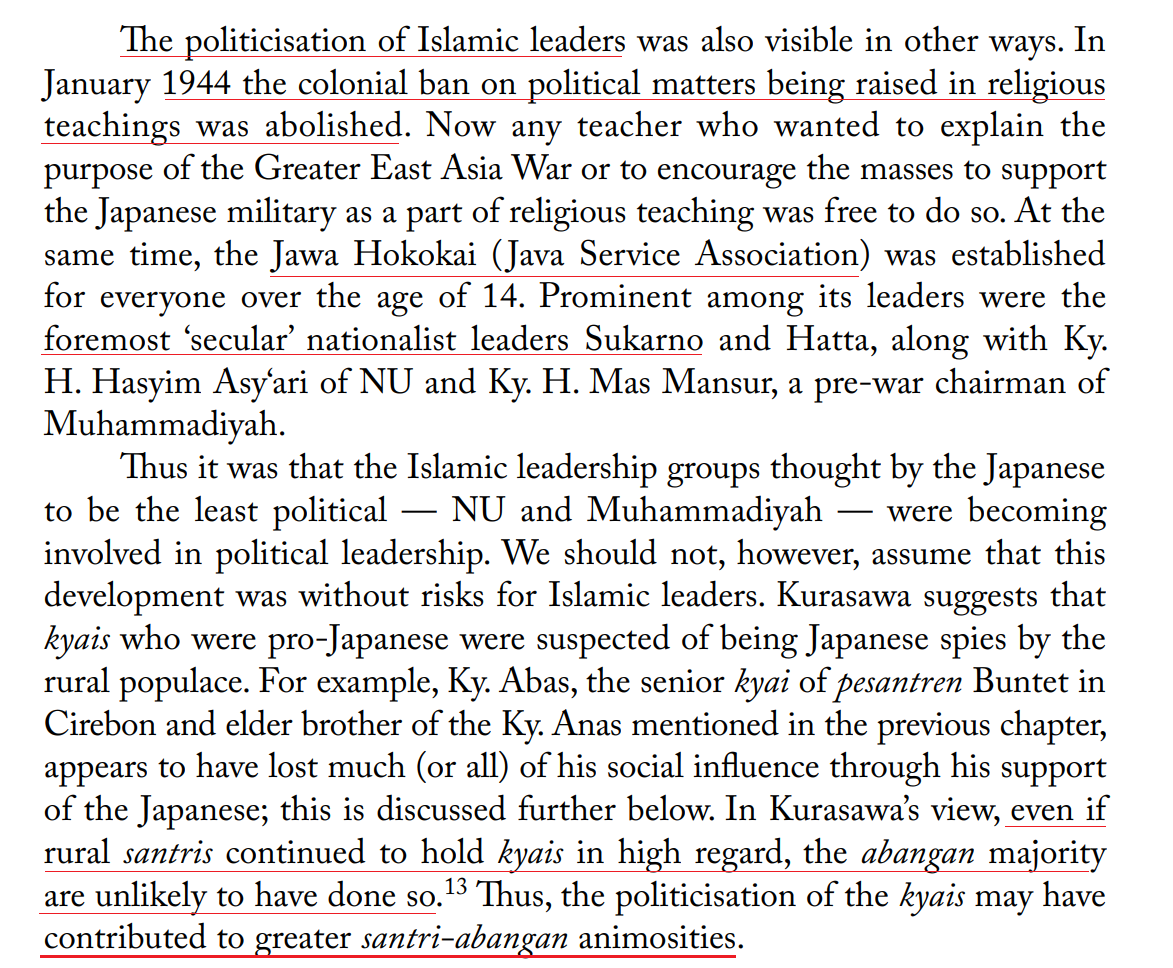
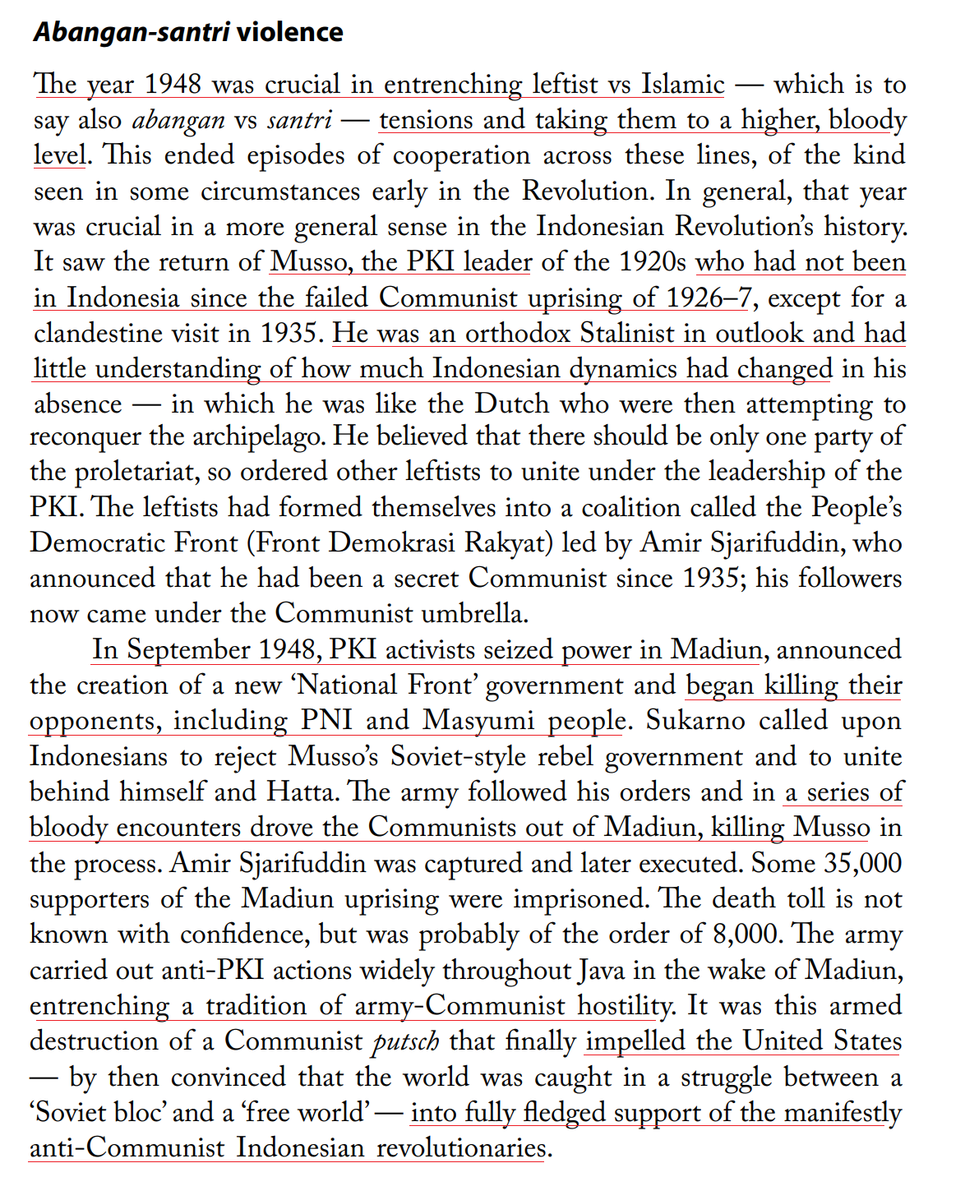
Indonesia gained independence in the midst of countrywide communal violence between Islamists & Communists (PKI).
Order was imposed with difficulty by the (mostly Japanese-trained) Indonesian Army, with the PNI as its political party.
Separatists in Ambon were also crushed.




Order was imposed with difficulty by the (mostly Japanese-trained) Indonesian Army, with the PNI as its political party.
Separatists in Ambon were also crushed.
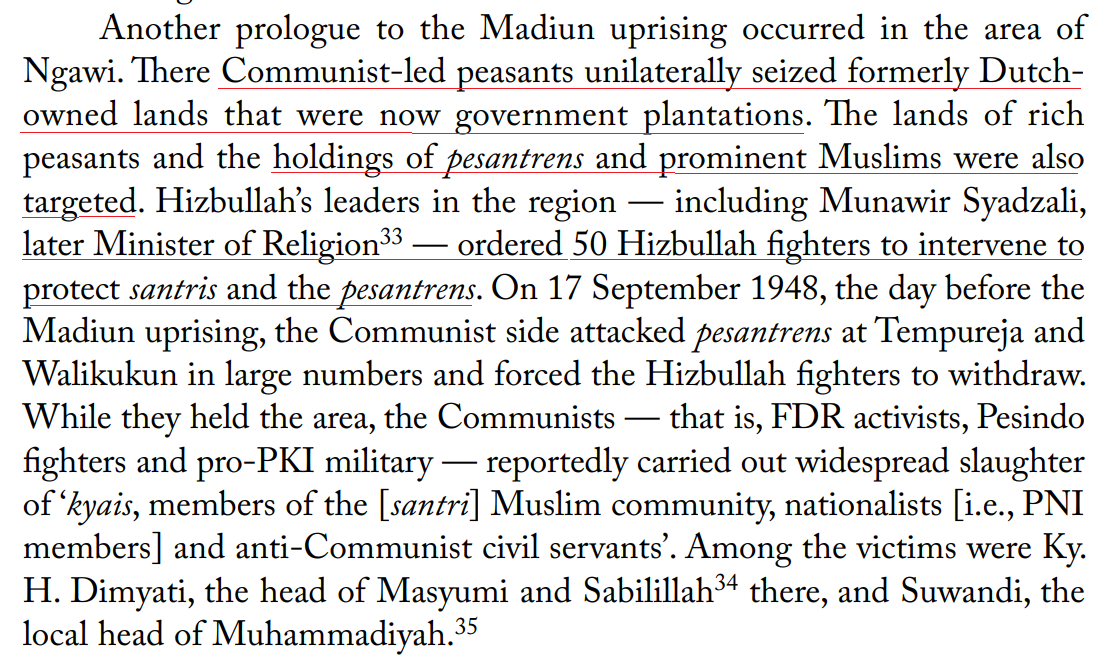

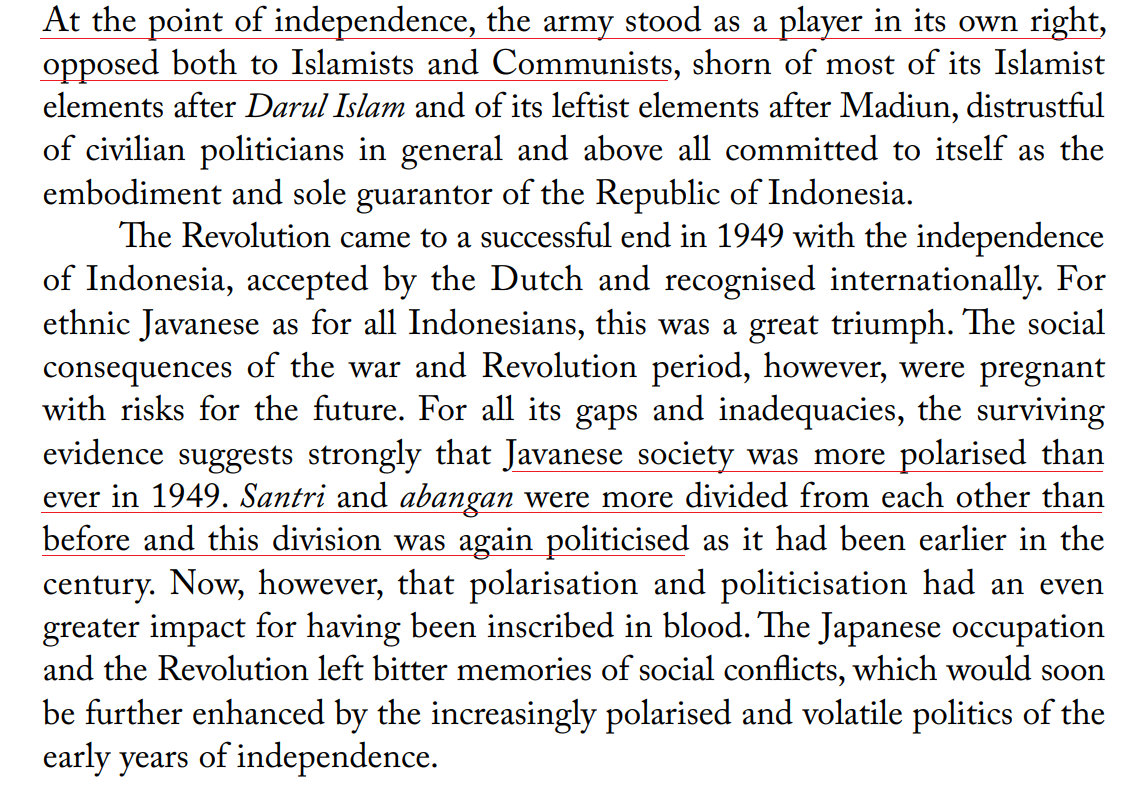

The military handed power over to a liberal parliamentary government, but hatreds between Santri Islamists & Abangan only continued to worsen. Between the Islamic parties & the Communists, the establishment PNI had little organic base, increasingly relying on Communist support.



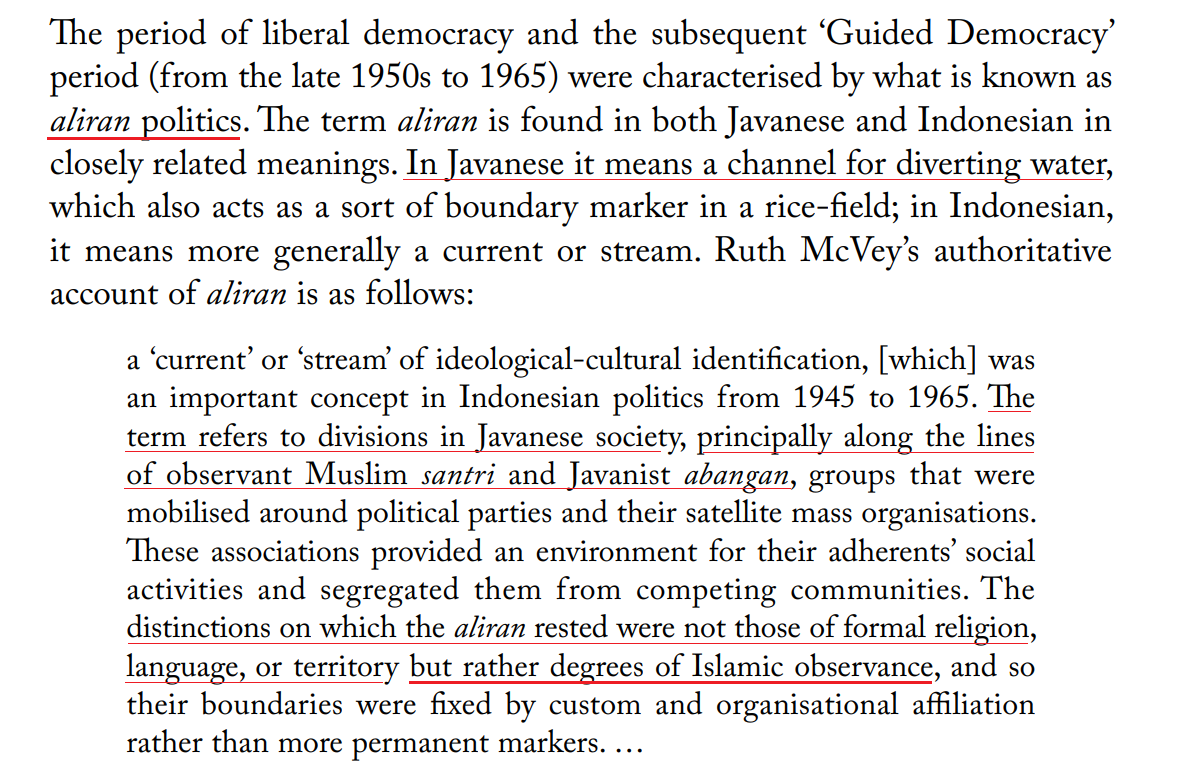
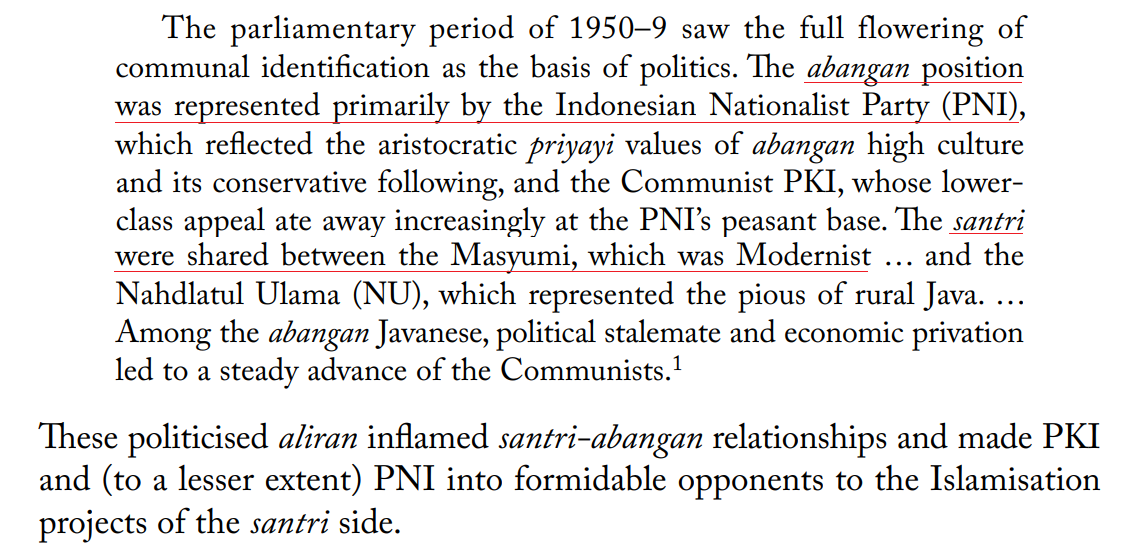
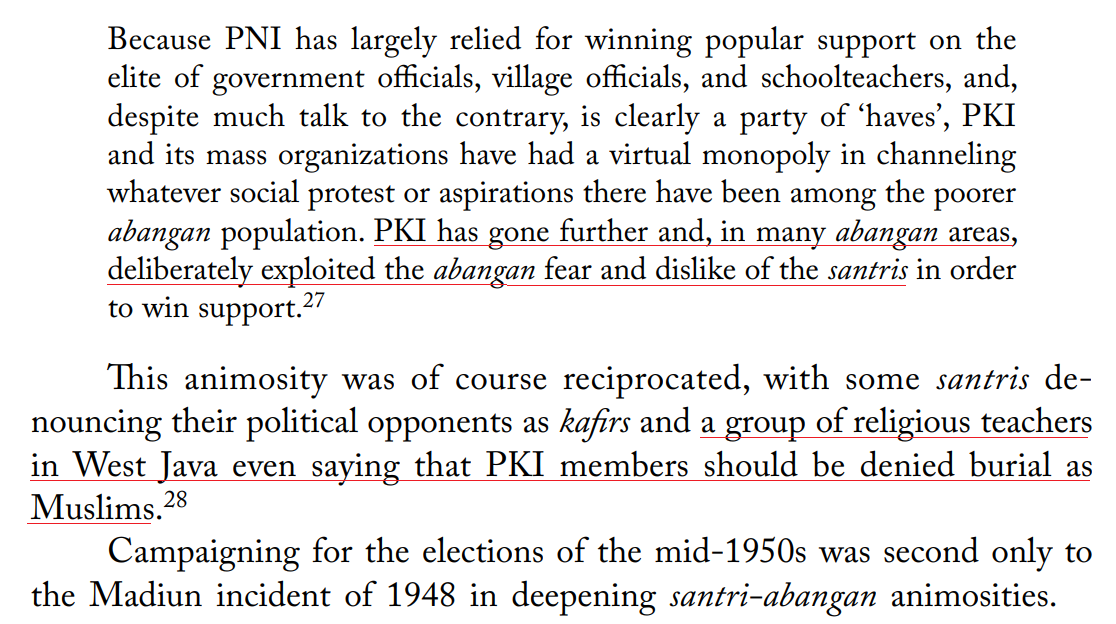
As Sukarno's fragile PNI government worked more & more closely with the anti-clerical Communist PKI, the Abangan masses began abandoning Islam explicitly.
Foreigners observed the de-Islamisation of both cities & countryside, whilst a minority became increasingly strict Muslims.




Foreigners observed the de-Islamisation of both cities & countryside, whilst a minority became increasingly strict Muslims.
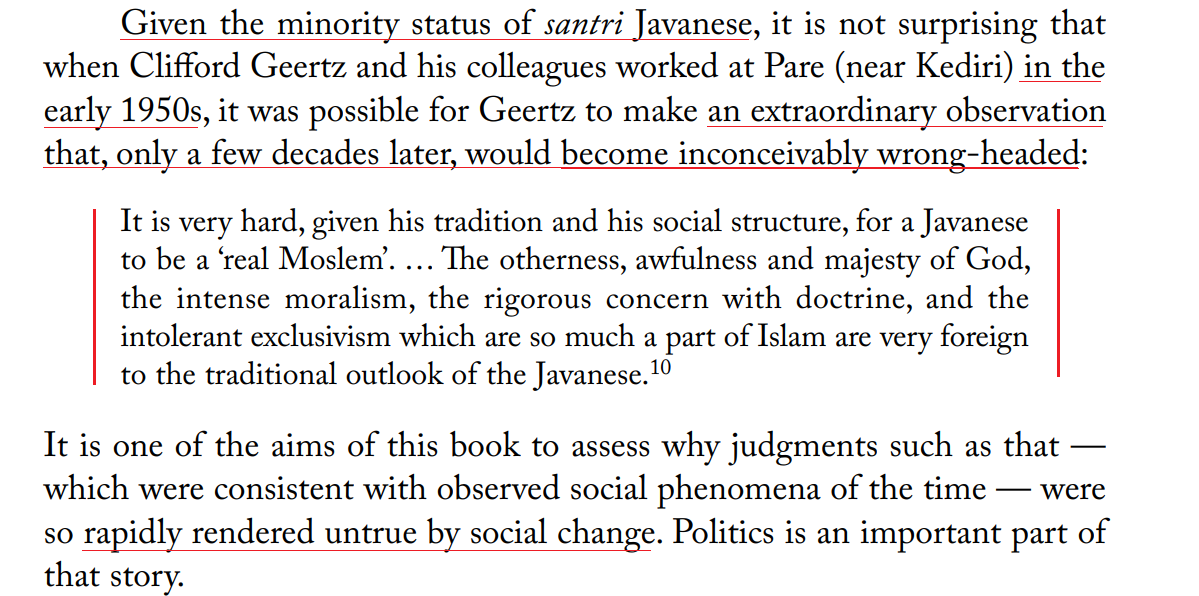
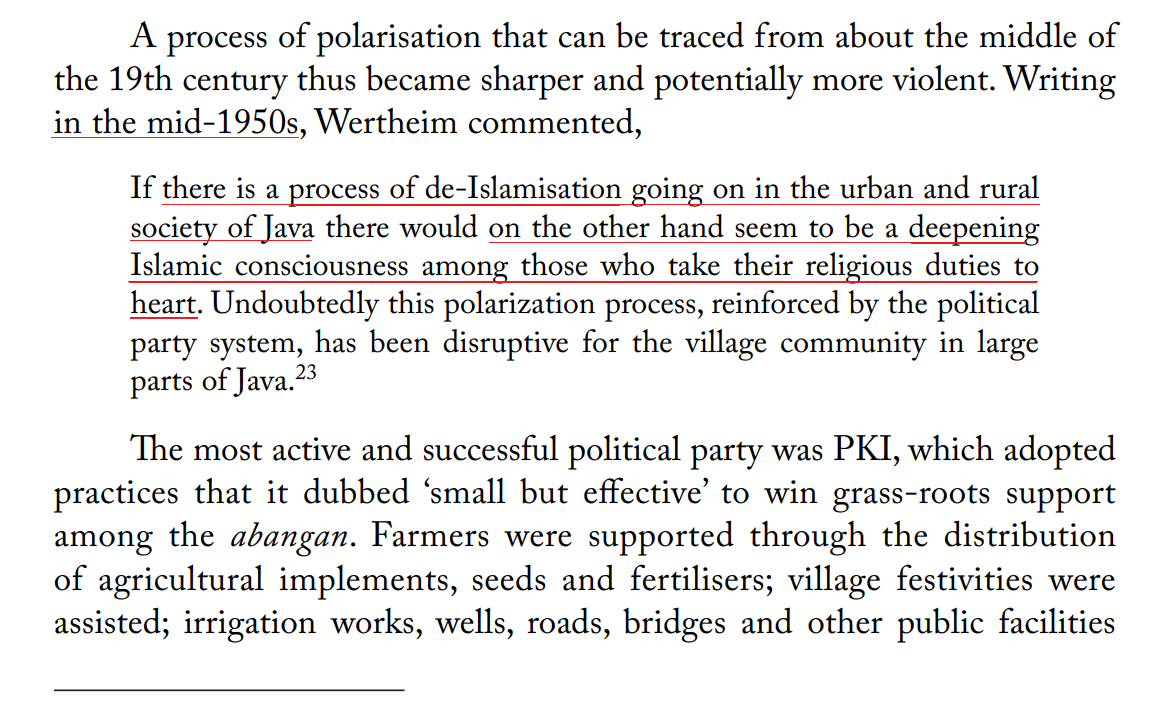
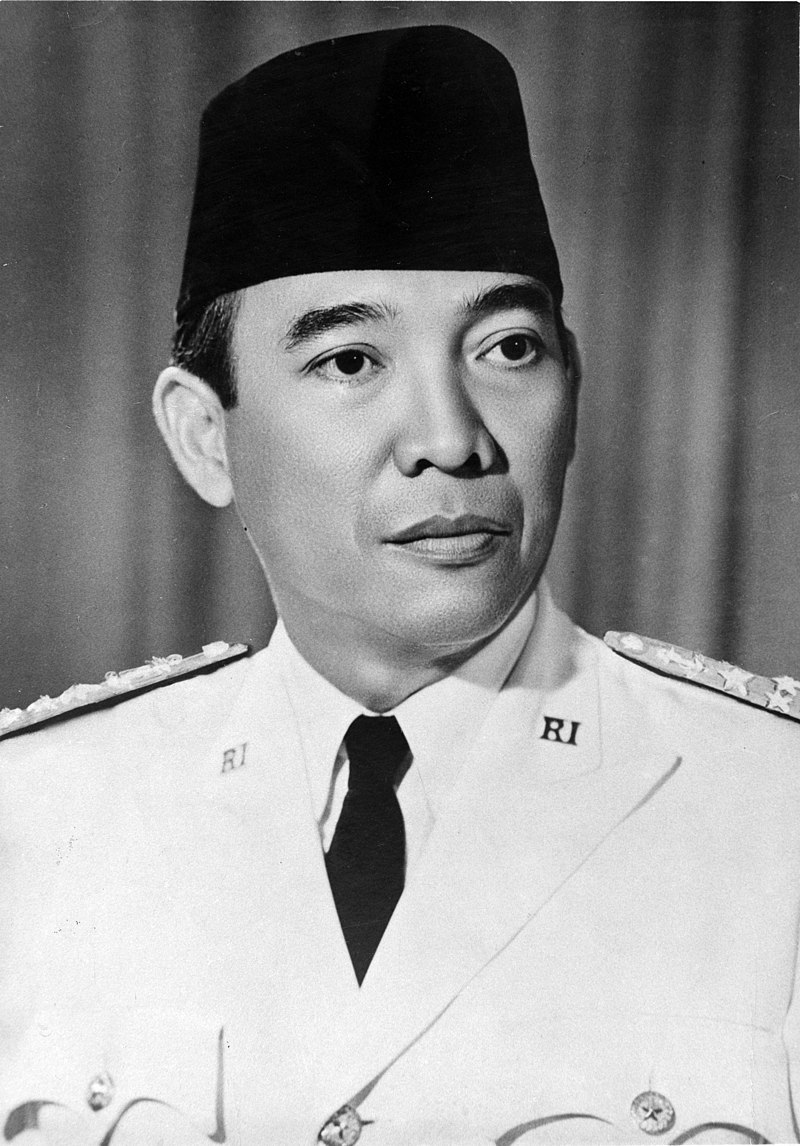
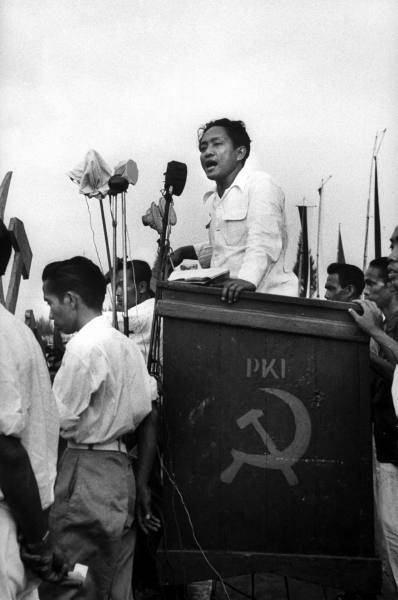
Formerly neutral signifiers of personal faith became sectarian class markers, such as the headscarf. During the 50s, the Abangan abandoned it as its use became associated with hardline Islamists.
A few parties went beyond even the PKI, such as Permai, which was openly pagan.




A few parties went beyond even the PKI, such as Permai, which was openly pagan.
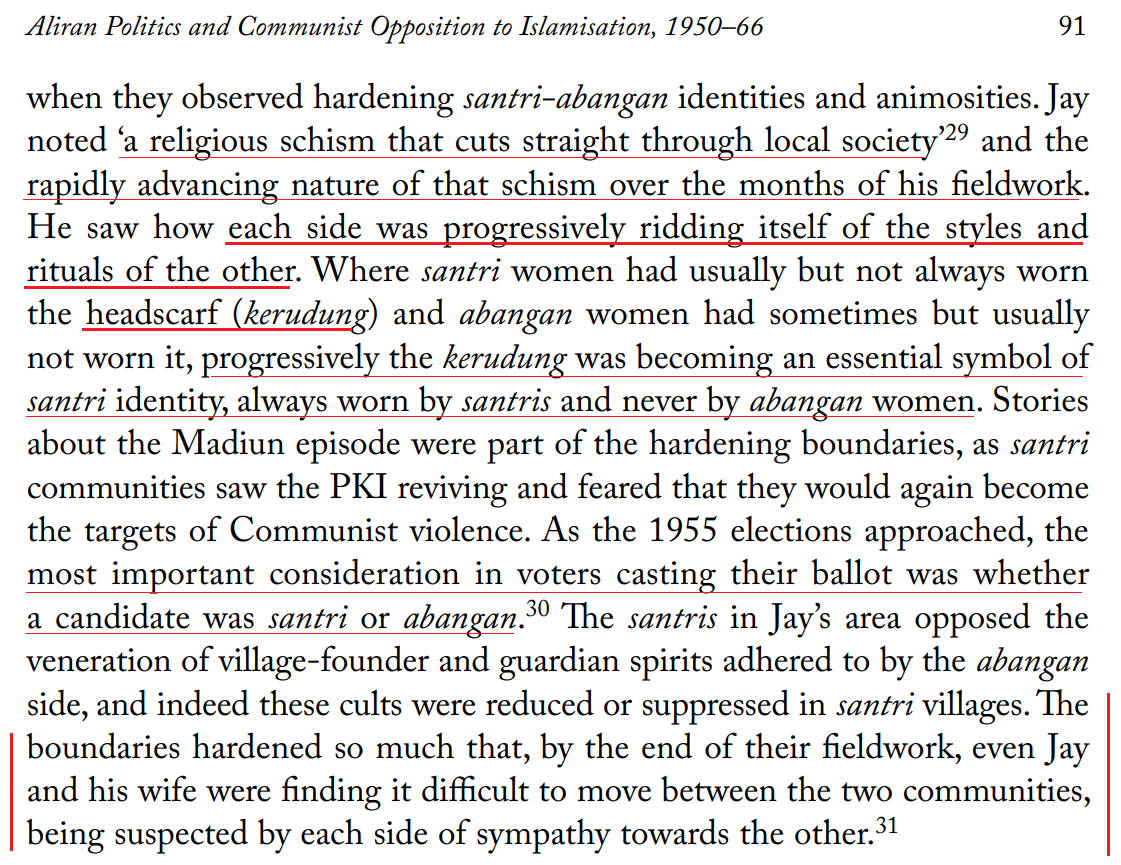
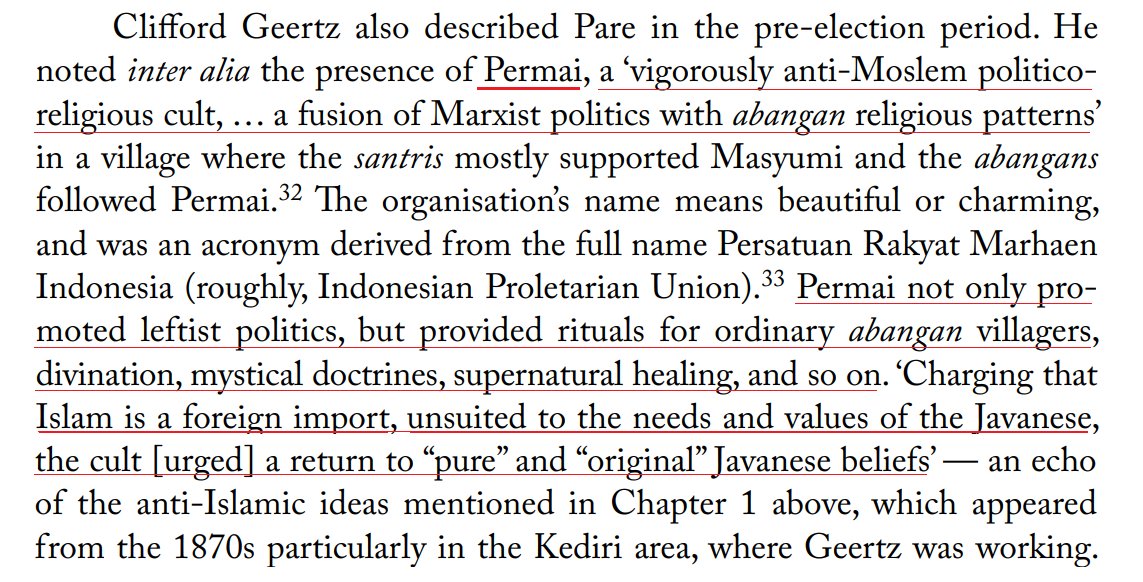
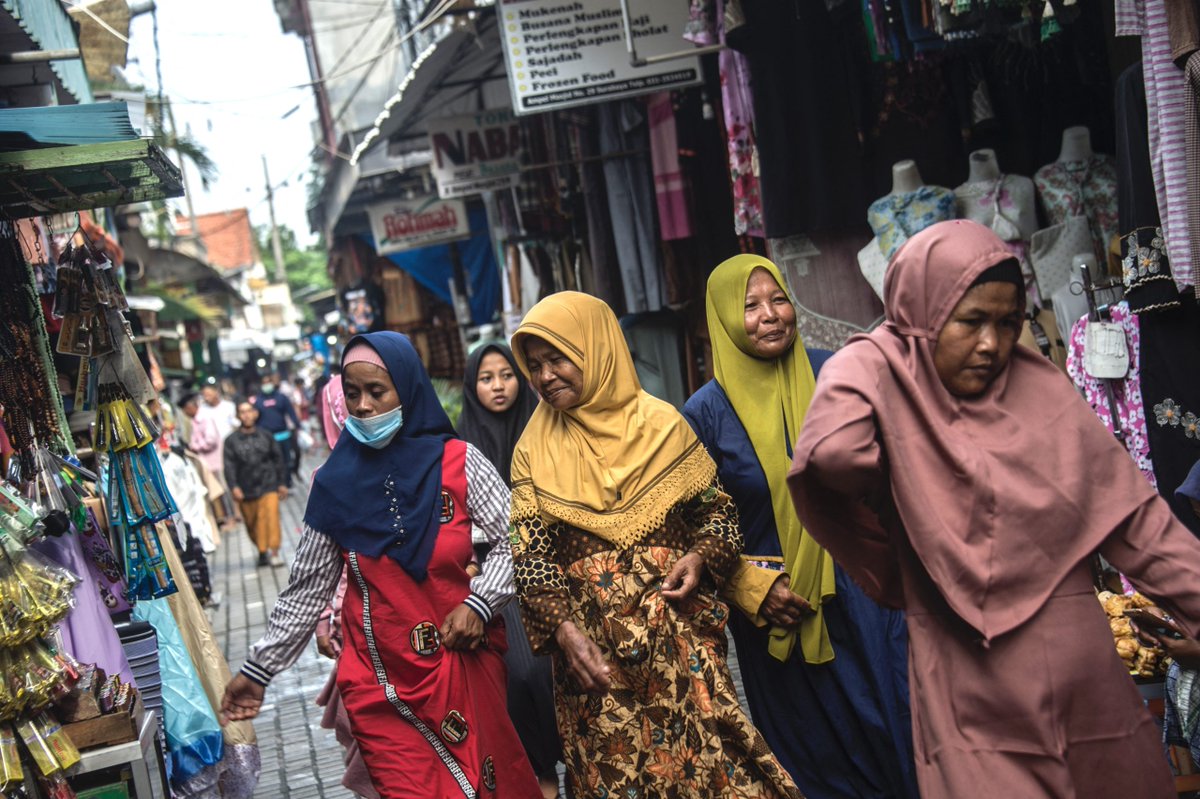

Nonetheless, the peasant constituencies of Marxist Permai & PKI still felt they were entitled to a traditional Islamic funeral. Refusal of clerics to perform rites led to riots.
An local elder grumbled: "You can't even die anymore but what is becomes is a political problem".
An local elder grumbled: "You can't even die anymore but what is becomes is a political problem".
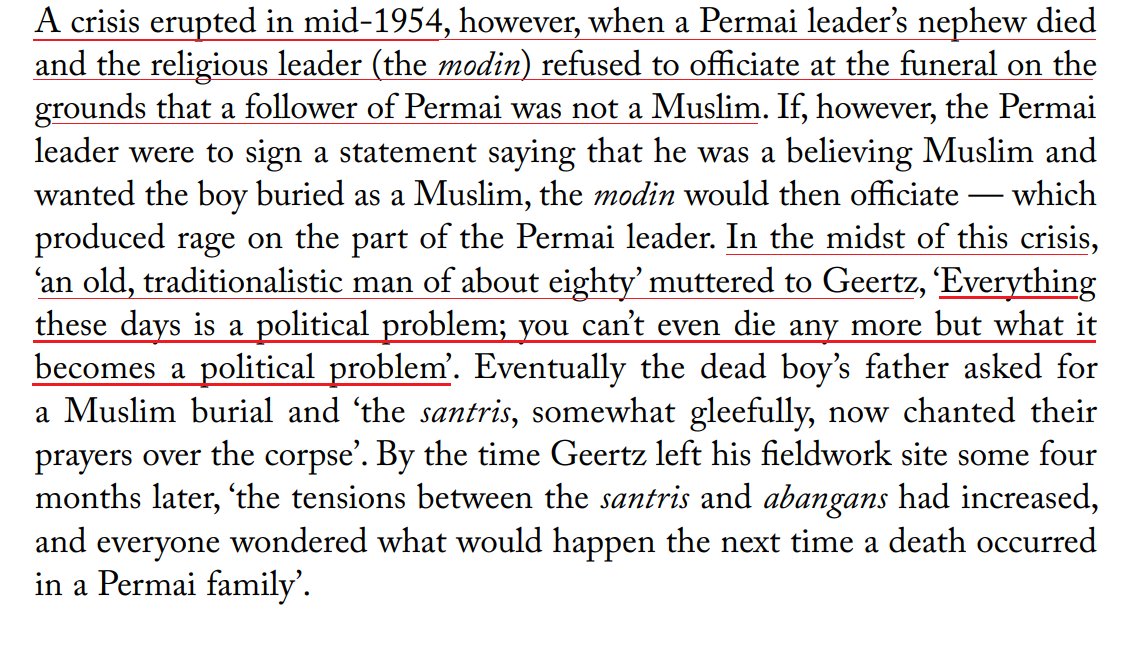
Typical election chaos of the 50s period. Though PNI as a whole hated the Communists, Sukarno himself courted them for support as an independent.
Communist mockery of both Muslim passivity & prayer positions in phrase translating as "Those Who hold their Palms out for Rain".




Communist mockery of both Muslim passivity & prayer positions in phrase translating as "Those Who hold their Palms out for Rain".
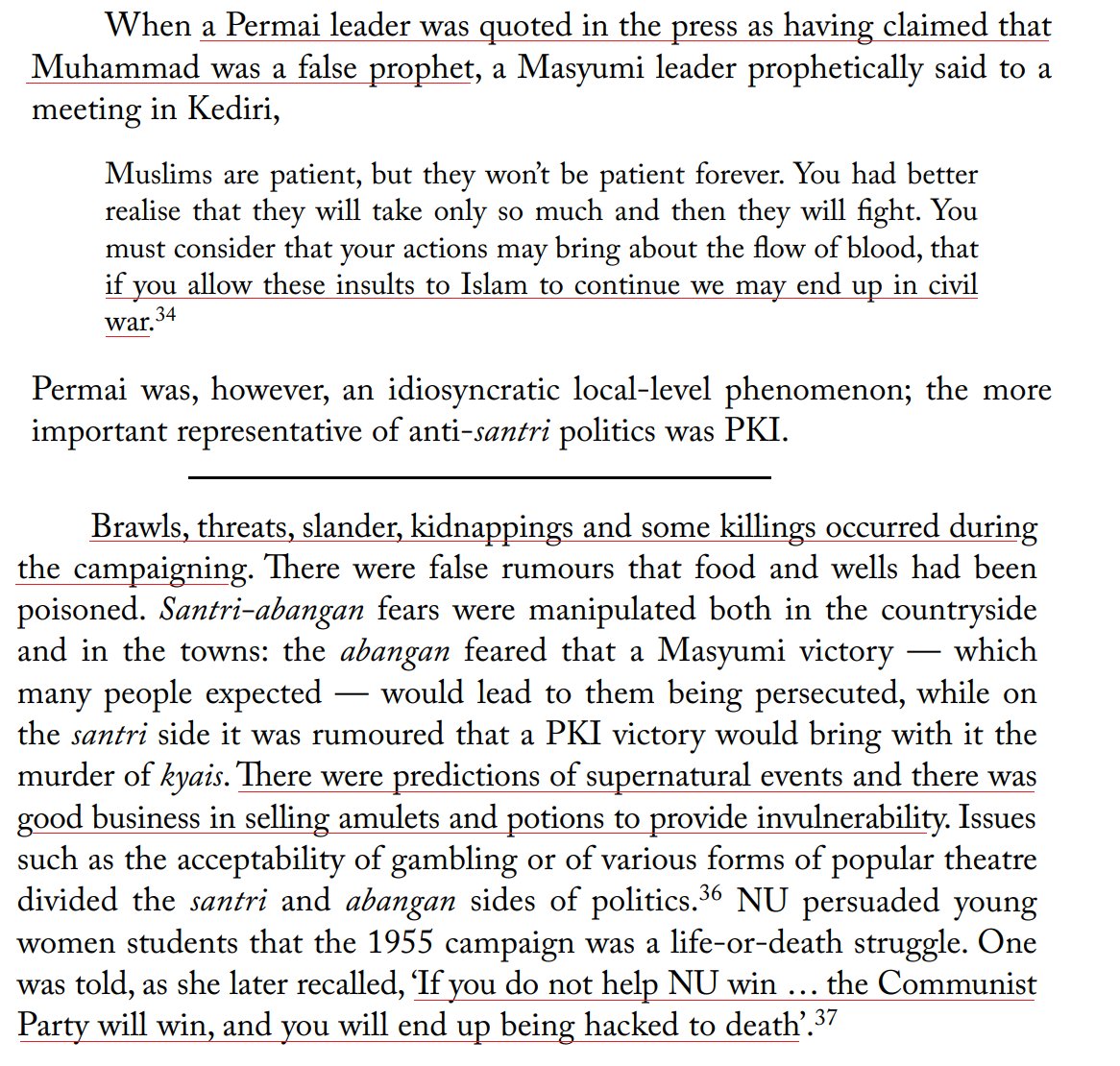
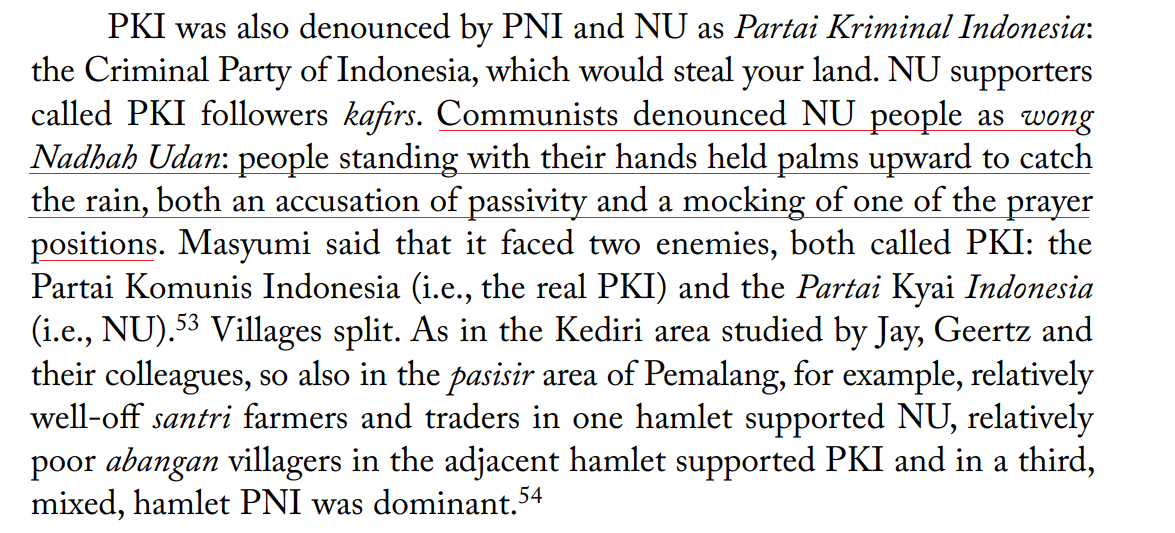
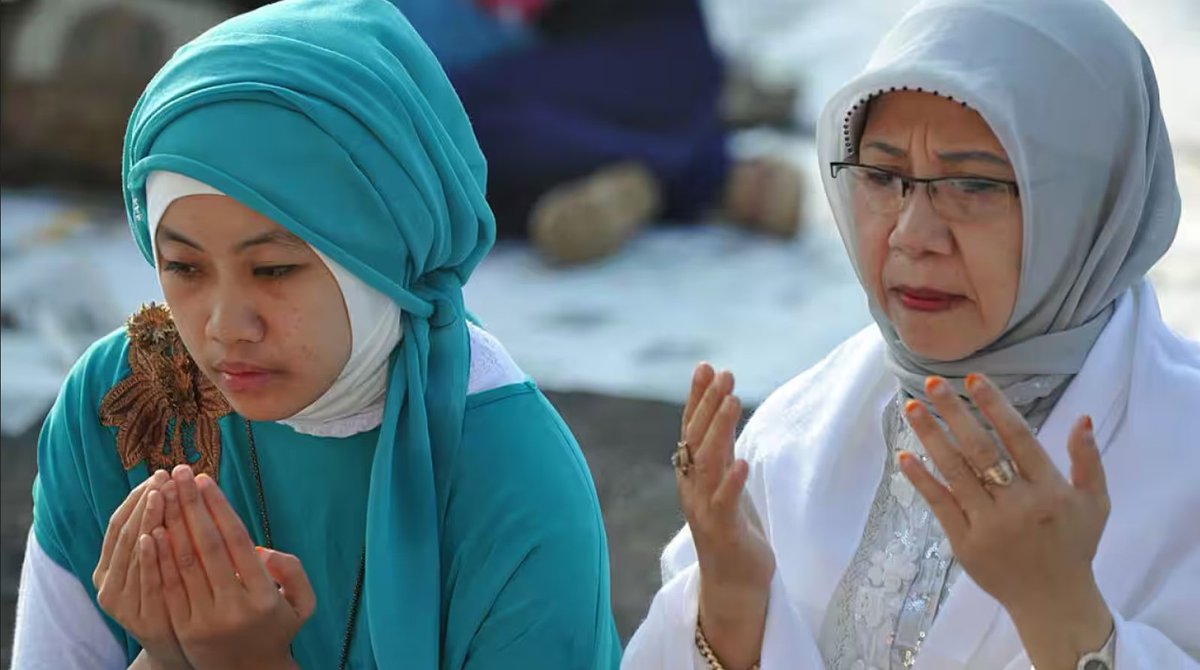
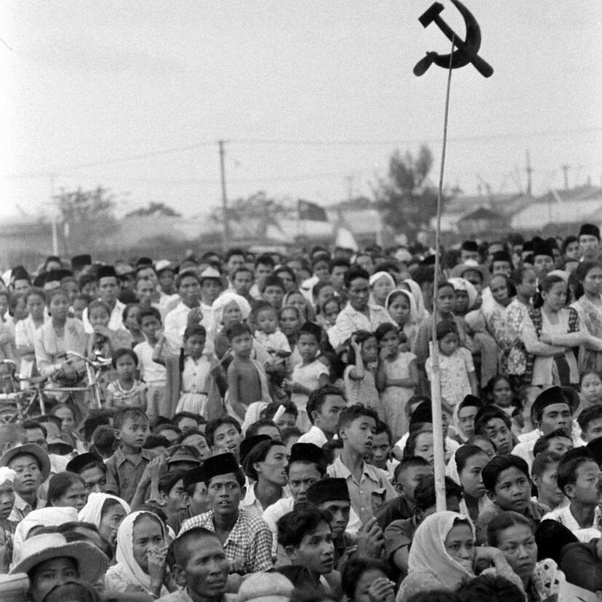
PKI's adoption of the Civilisational anti-Islamic rhetoric of 19thC Javanese aristocrats, mentioned earlier in this thread.
Alongside this, the PKI also used traditional theatre for its propaganda, ridiculing pious Muslims with crude & often obscene humour.




Alongside this, the PKI also used traditional theatre for its propaganda, ridiculing pious Muslims with crude & often obscene humour.
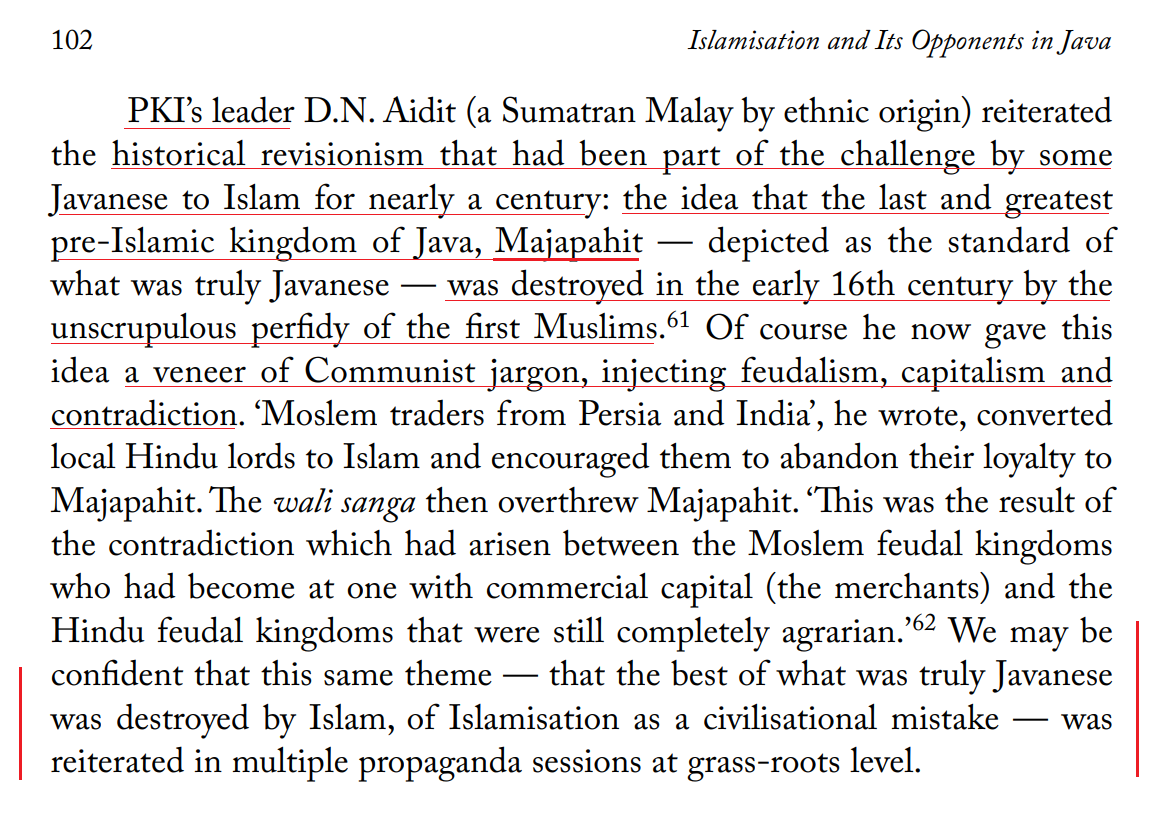
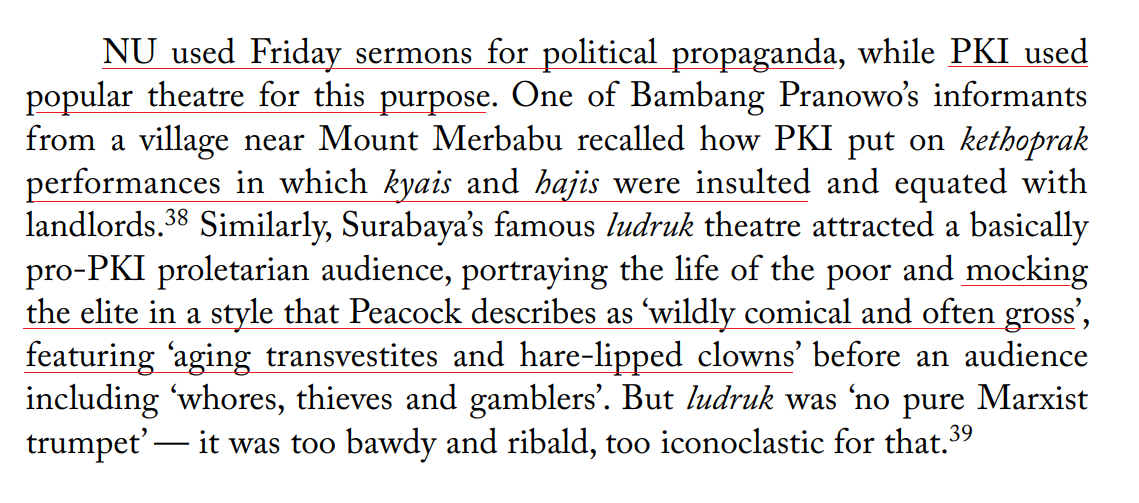
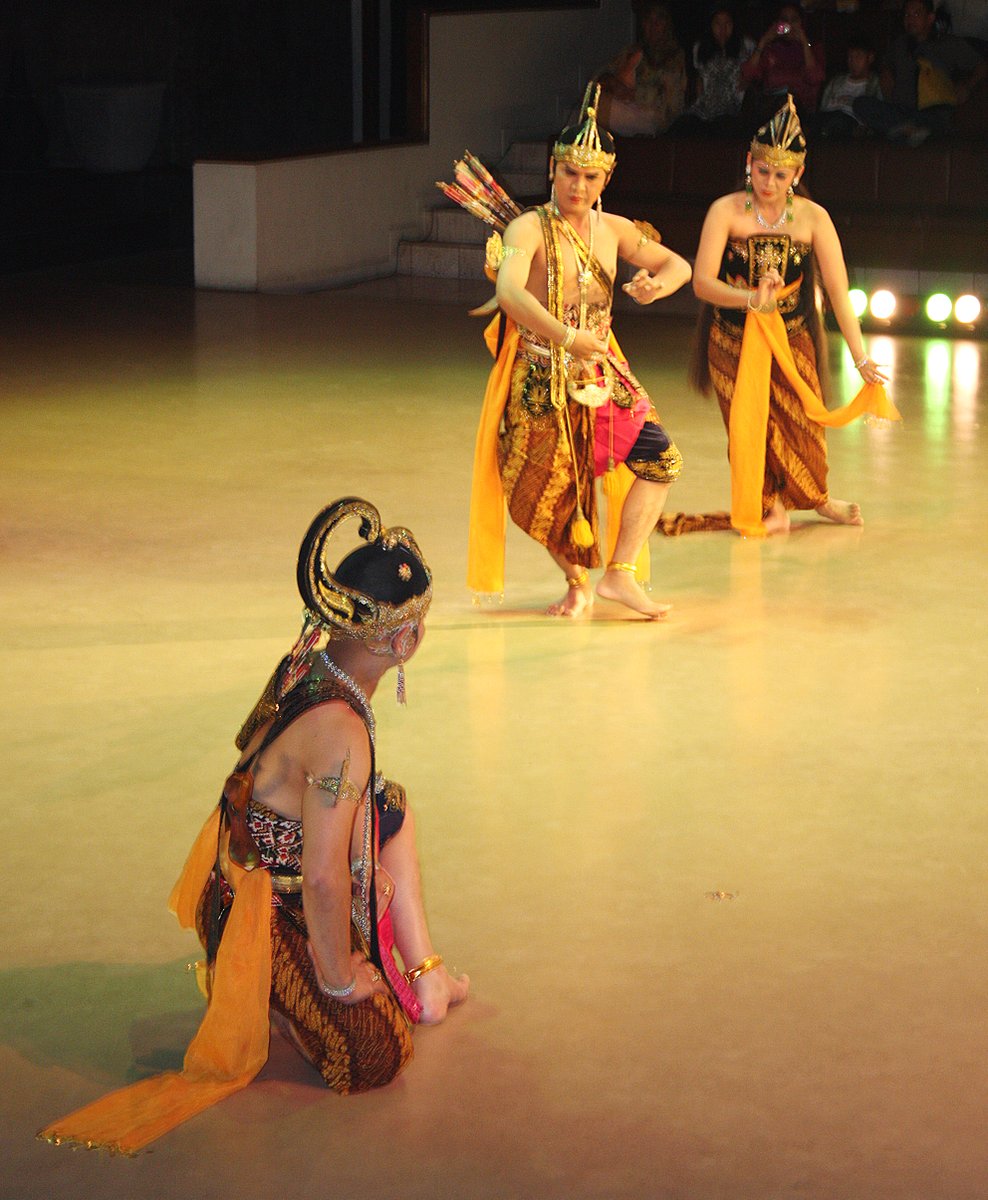
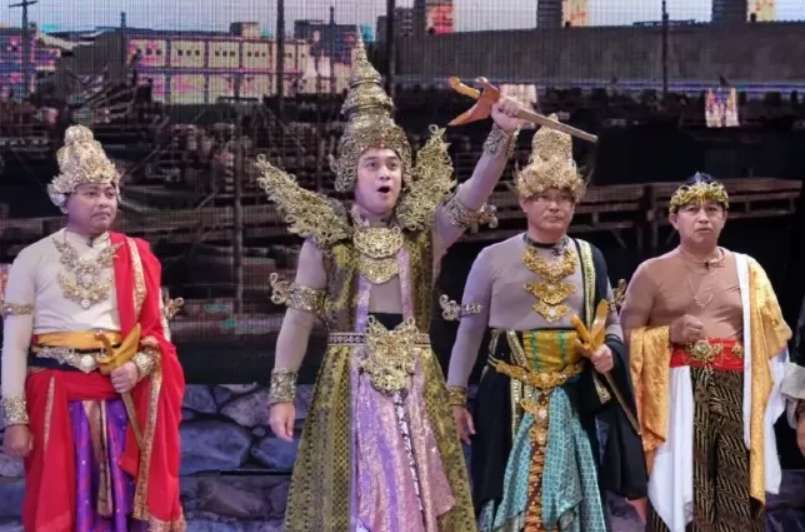
By the mid 60s, Sukarno & even PKI's leaders, realising religious-secular tensions were on the verge of provoking civil war, attempted to moderate the PKI's anti-Islamic rhetoric.
But grassroots momentum had taken a life of its own, with plays entitled "The Death of Allah", etc.
But grassroots momentum had taken a life of its own, with plays entitled "The Death of Allah", etc.
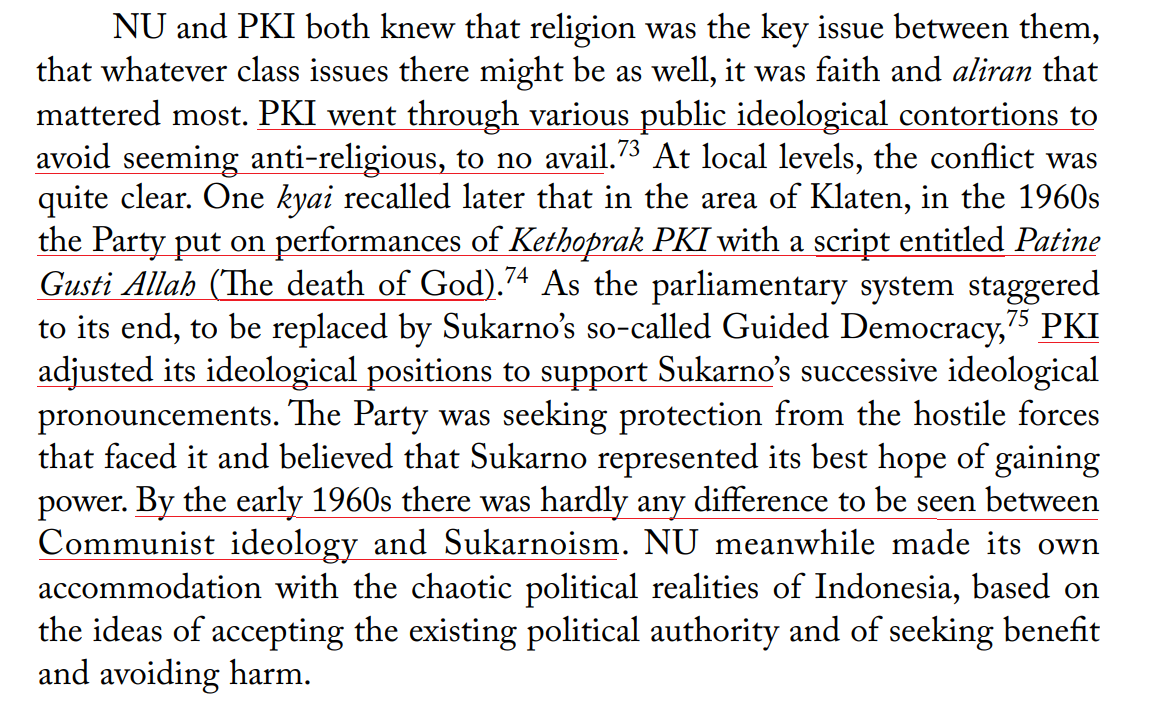
In 1965, as Indonesia was experiencing mounting multiple domestic & international crises, Sukarno, under the strain of pressure, vomited & fainted in public.
The Communists, seeing their chance, attempted a coup, which miserably failed. Their many enemies now smelled blood.




The Communists, seeing their chance, attempted a coup, which miserably failed. Their many enemies now smelled blood.
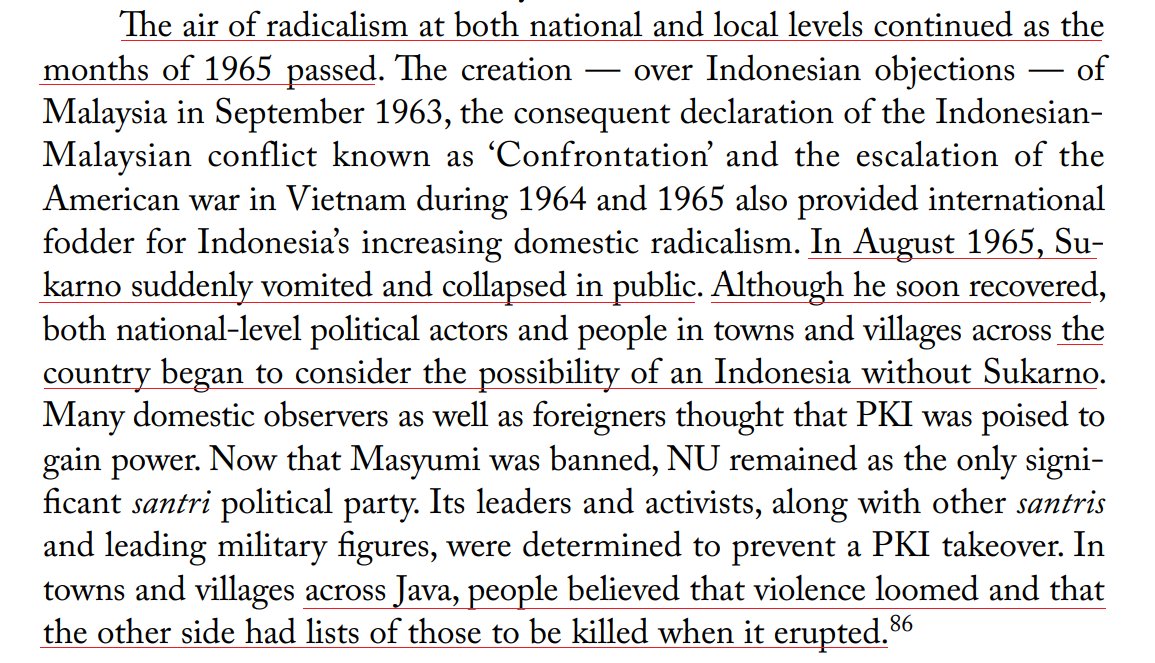
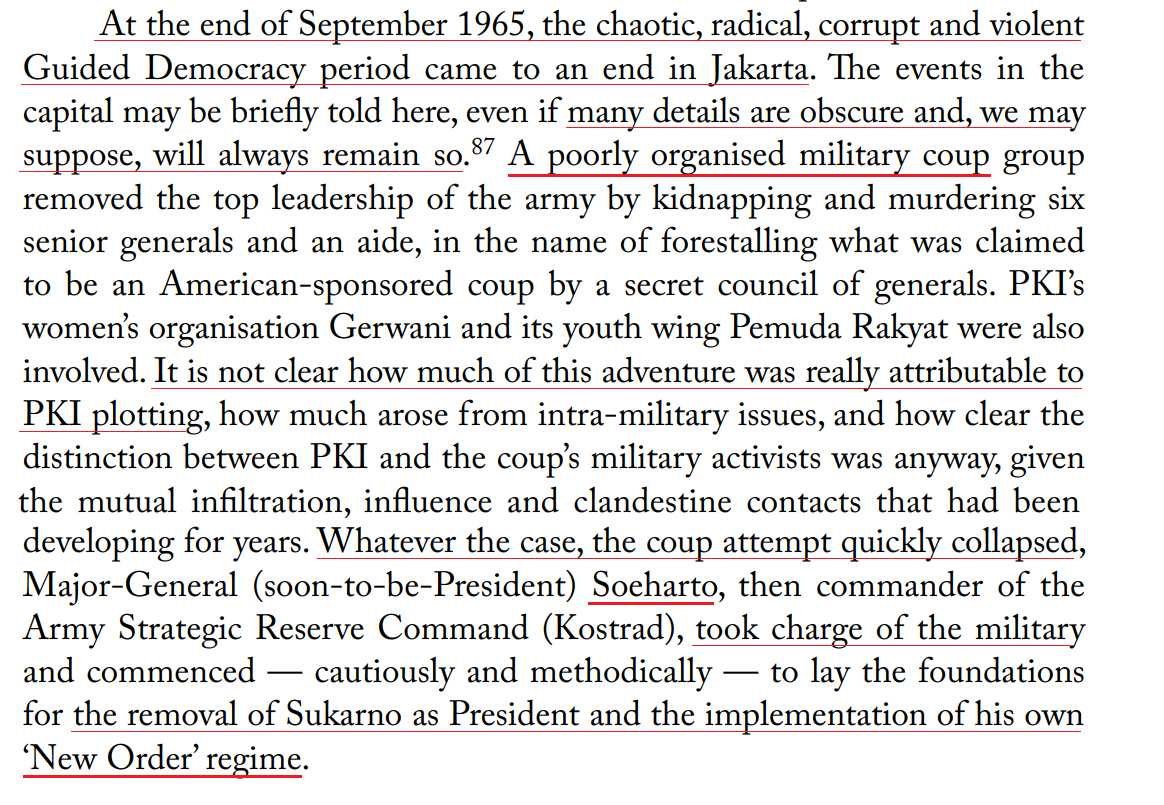
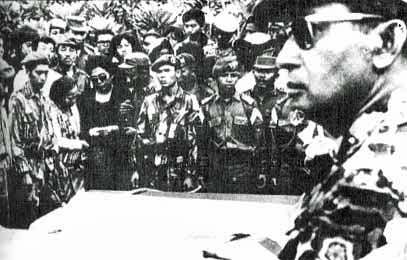

Muslim hatred & fear of the Abangan masses of Java abandoning Islam in droves was the main motivation for the 1965 massacres, which killed bwtn 500K-2mil people. Had events transpired differently, Indonesia might not be any more Islamic today than Kazakhstan, Turkey or Albania. 
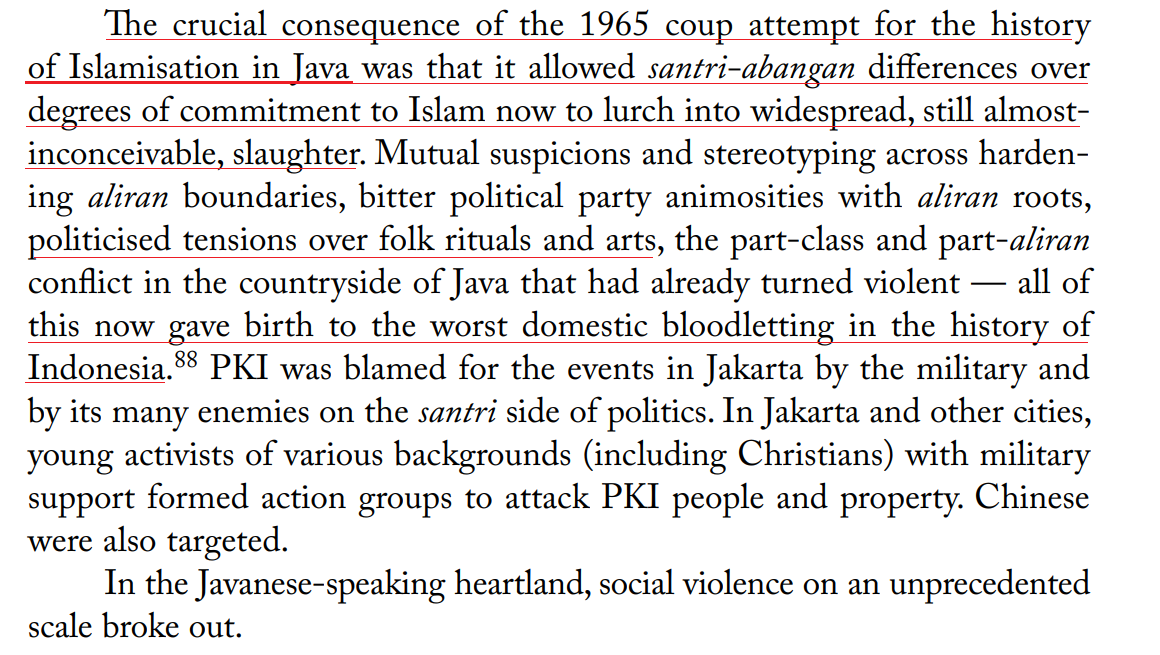
This was Indonesia's Islamisation turning-point, which in the 2000s took an irreversible trajectory. But even after 1965, it wasn't inevitable.
In fact, during the late 60s/early 70s, the massacres produced a massive backlash, including even mass-Christian conversions. End PT1🧵/
In fact, during the late 60s/early 70s, the massacres produced a massive backlash, including even mass-Christian conversions. End PT1🧵/
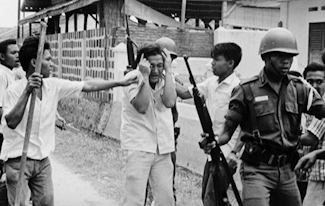
@Paracelsus1092 @Irkutyanin1 @phl43 @YoungJapanTexts @Delicious_Tacos @eyeslasho @cartographer_s @CinnaPretzel
• • •
Missing some Tweet in this thread? You can try to
force a refresh



